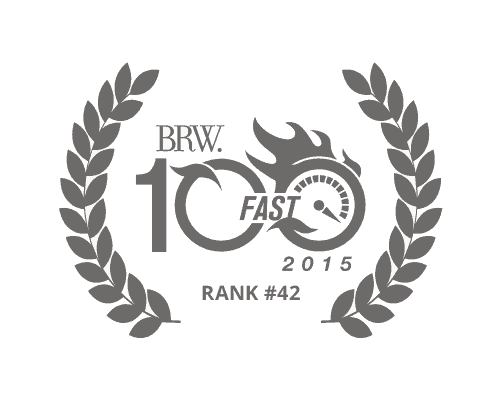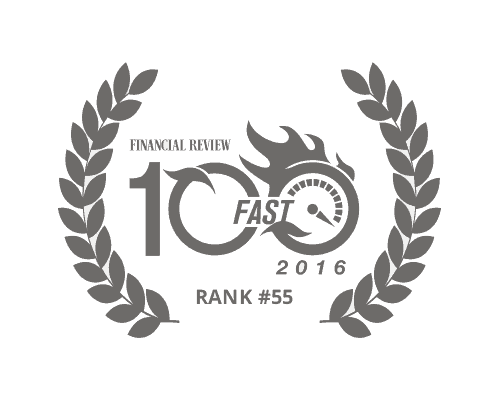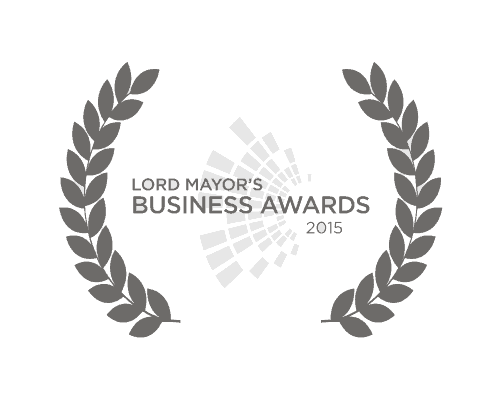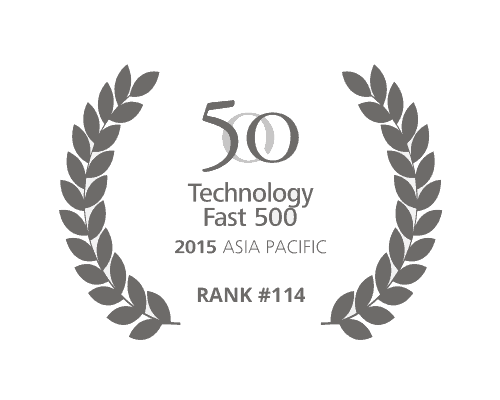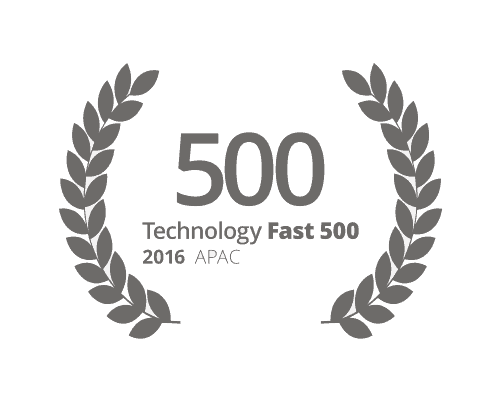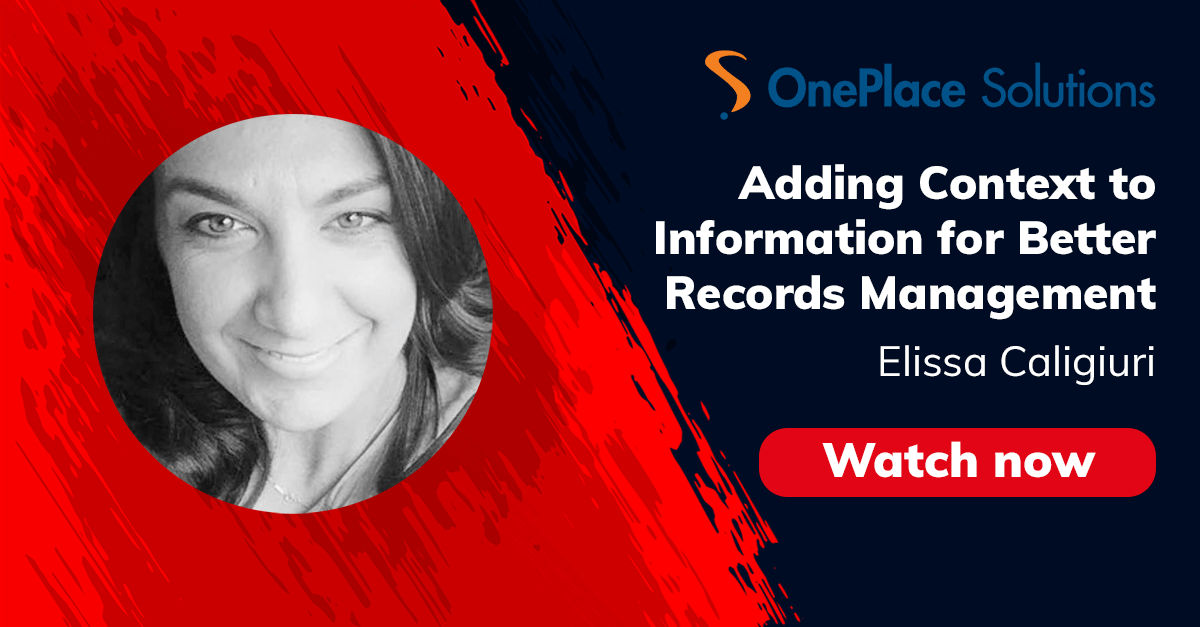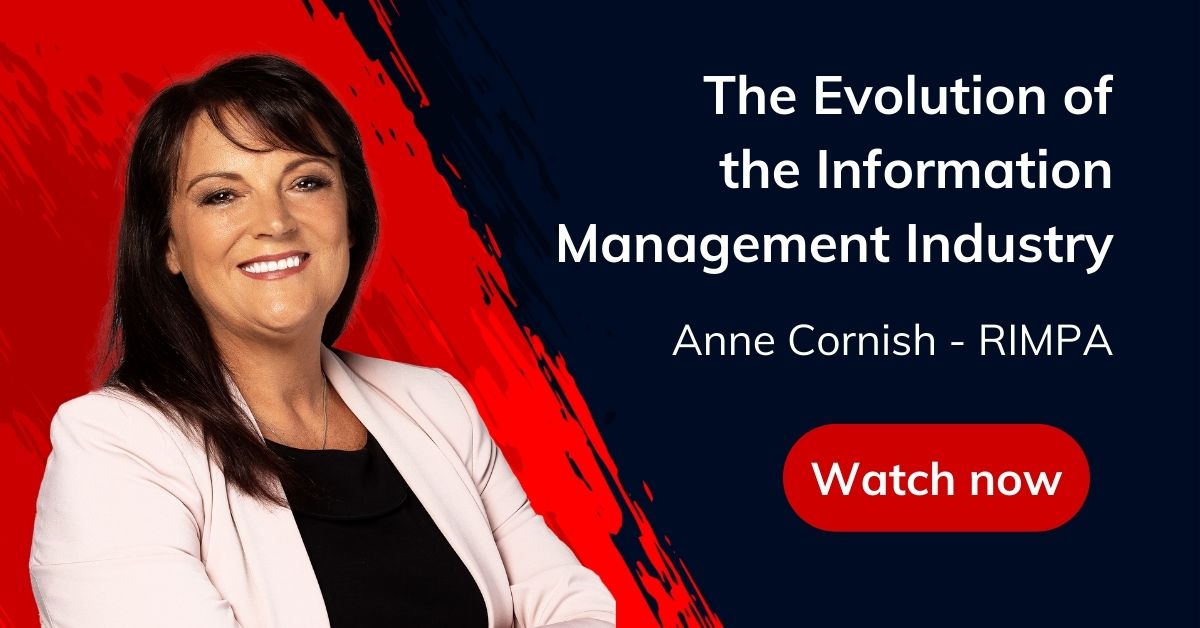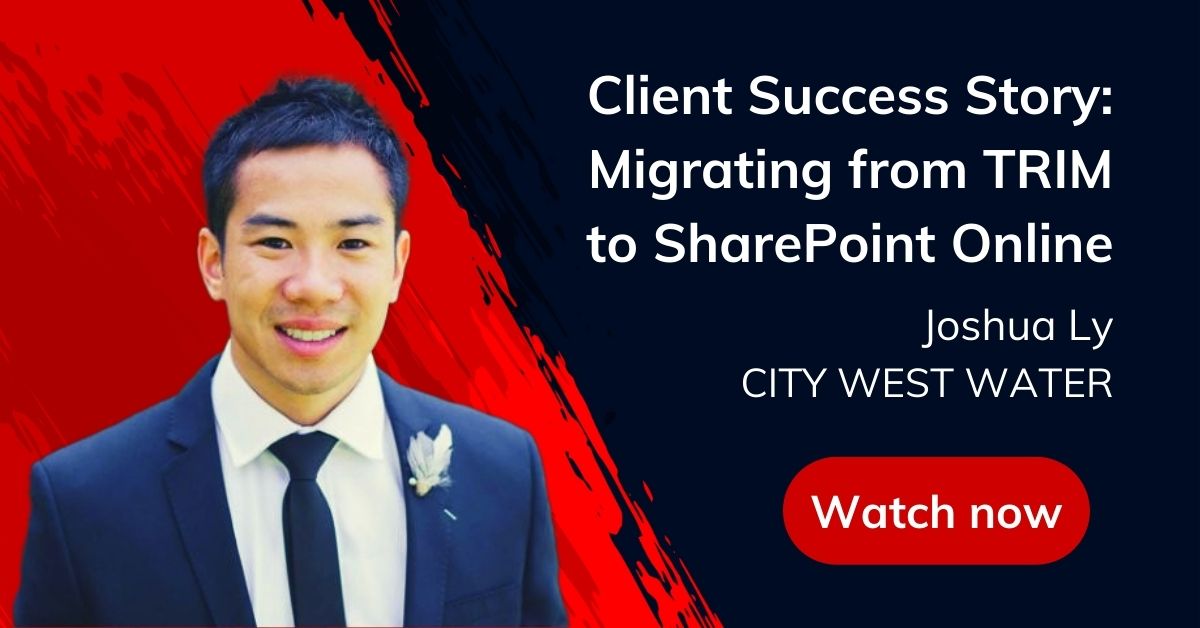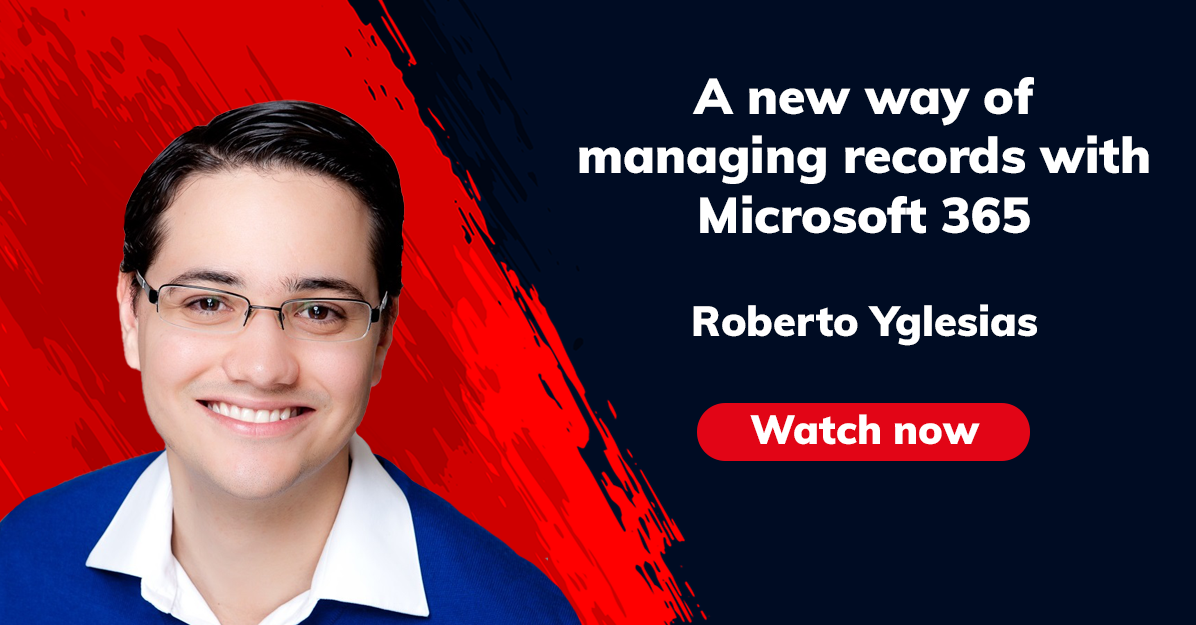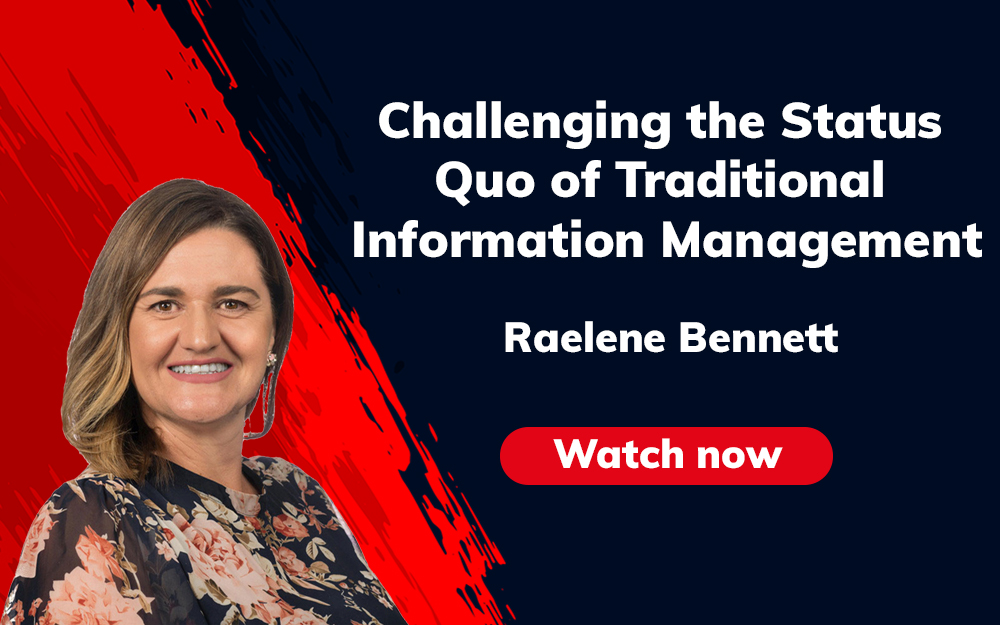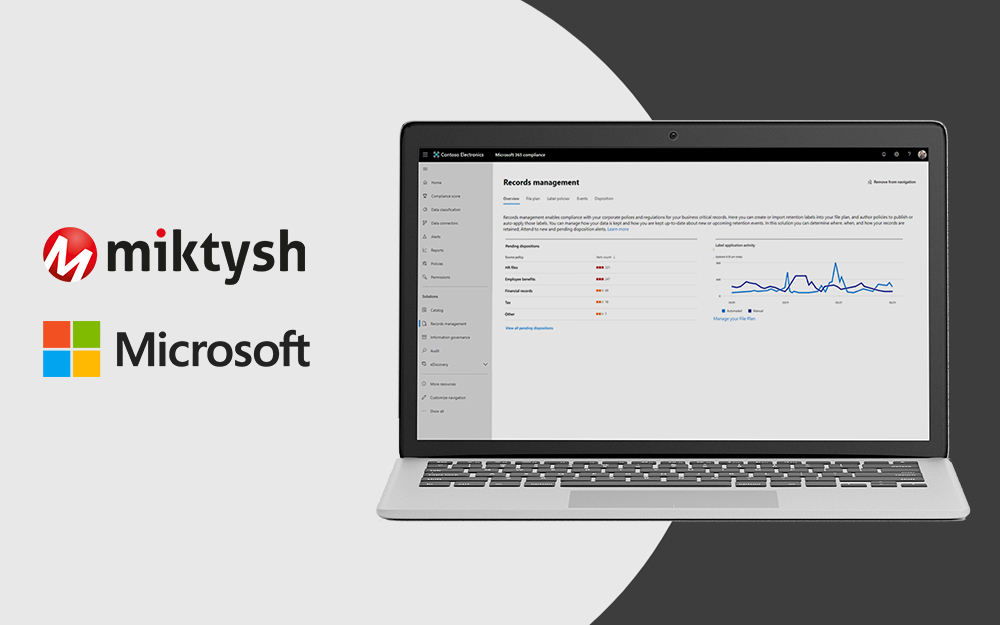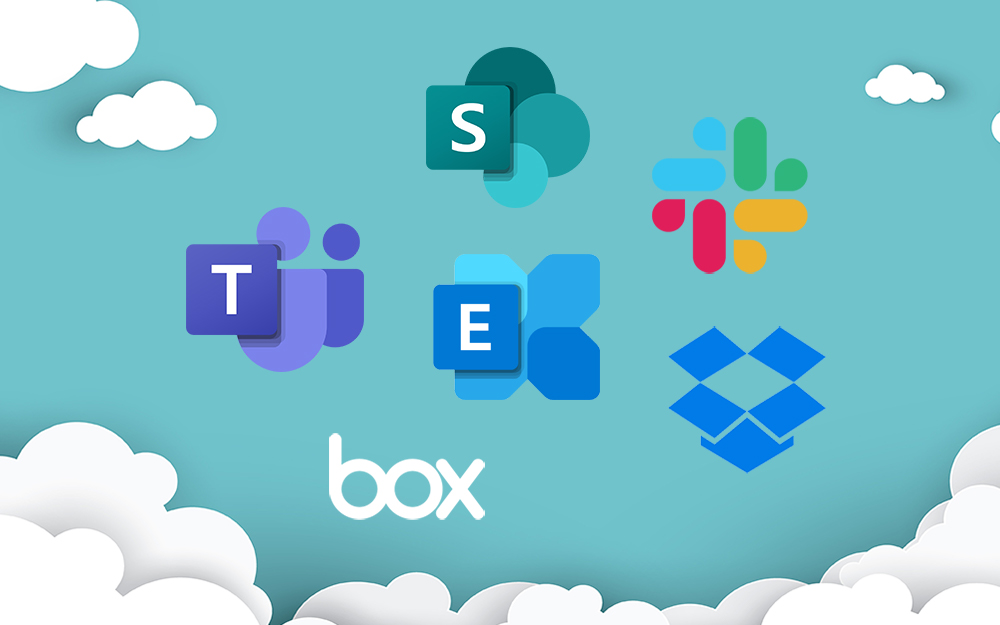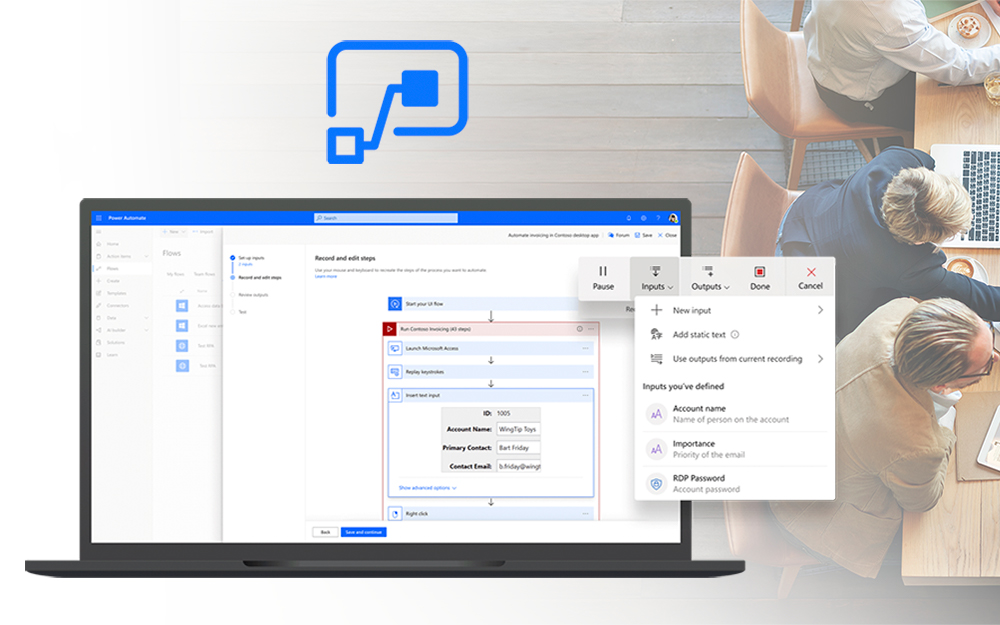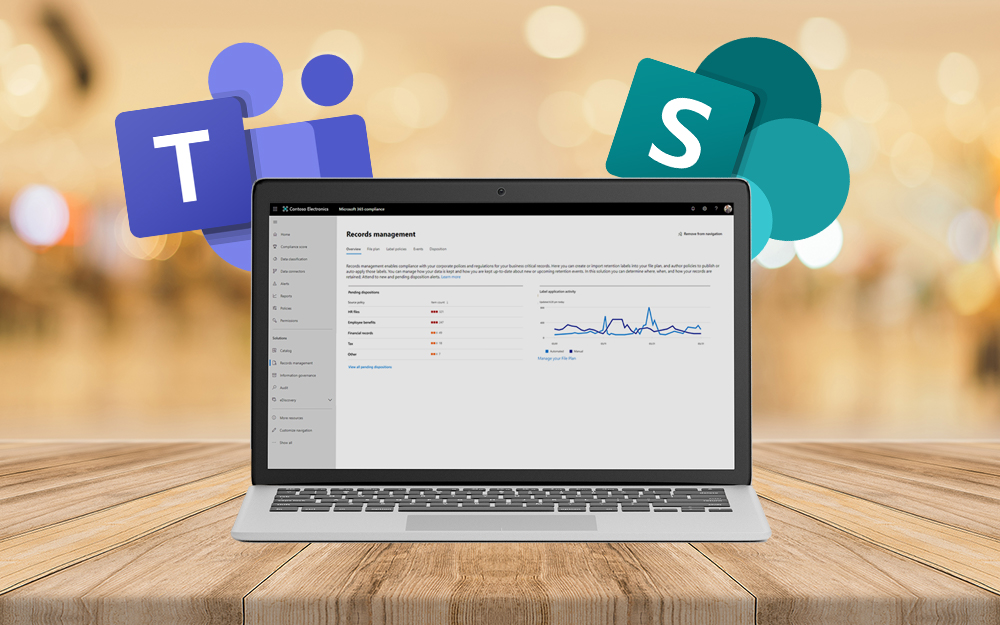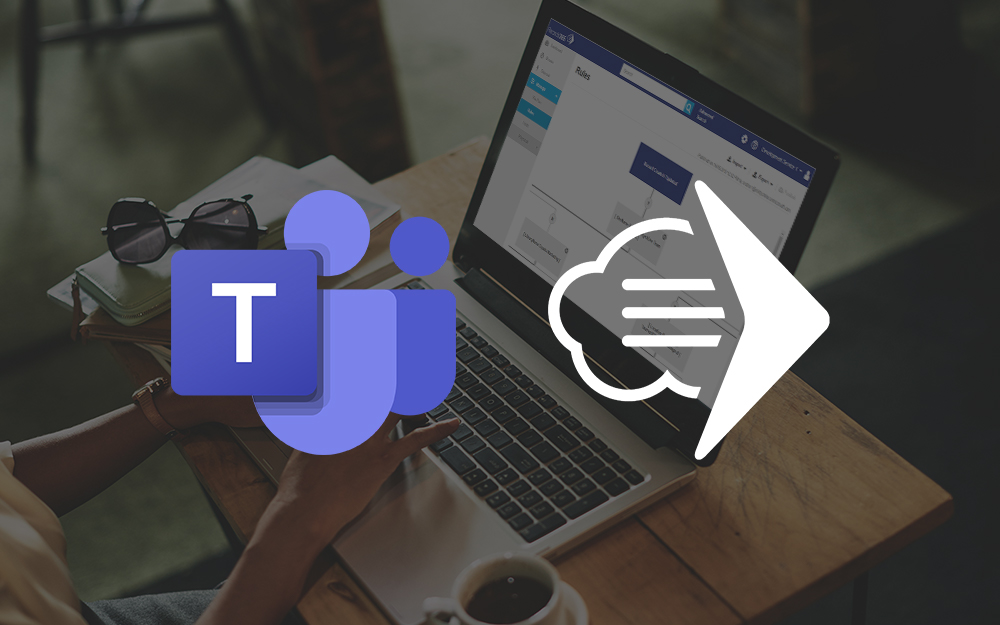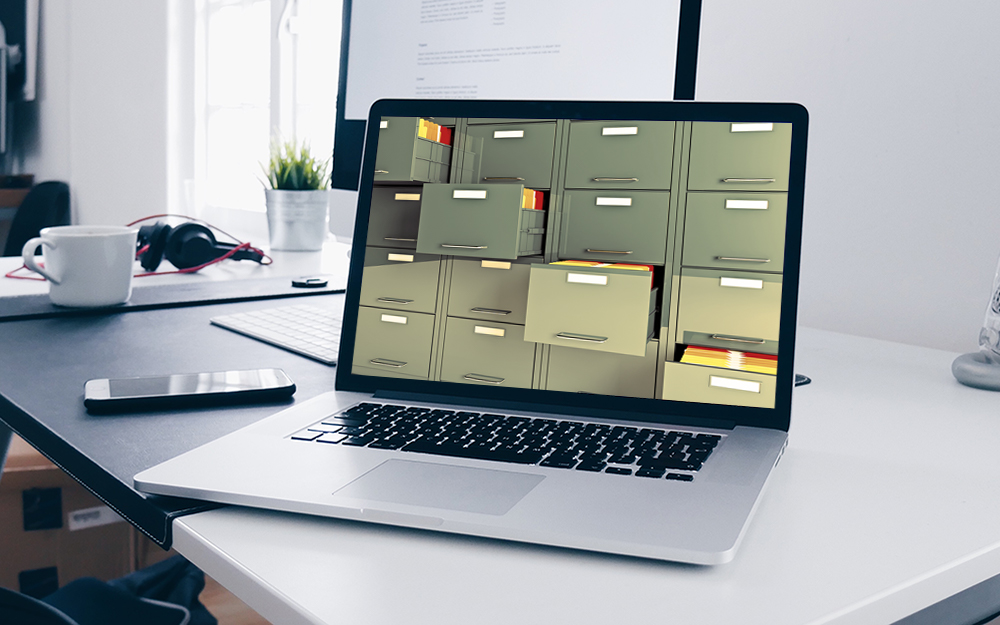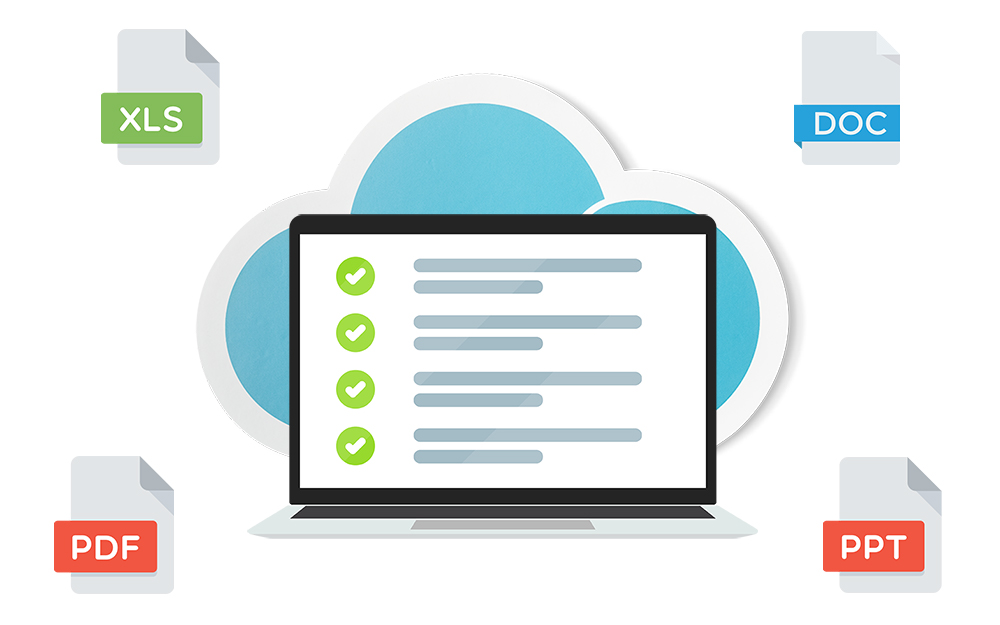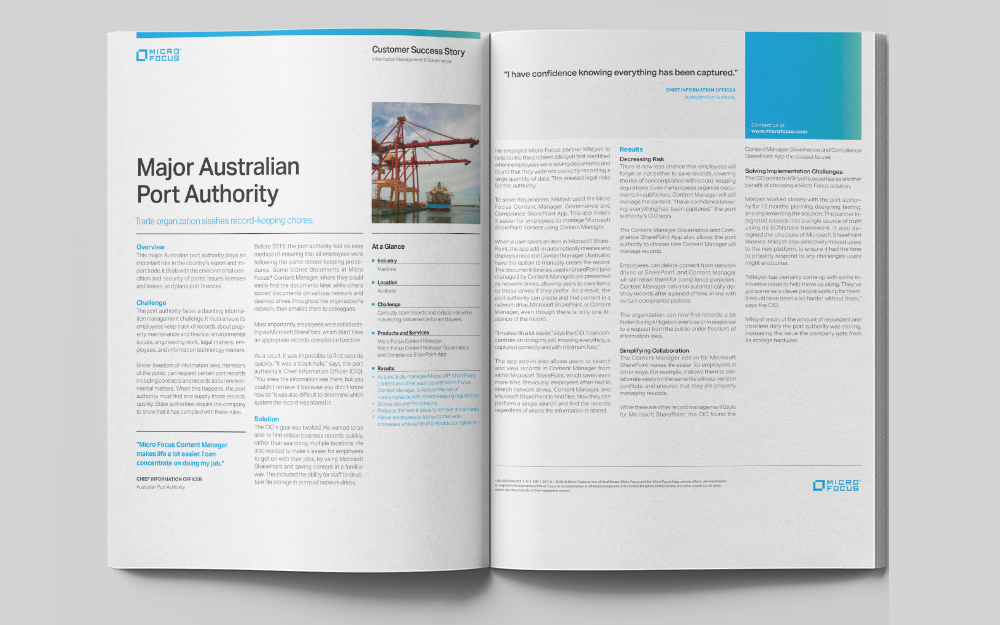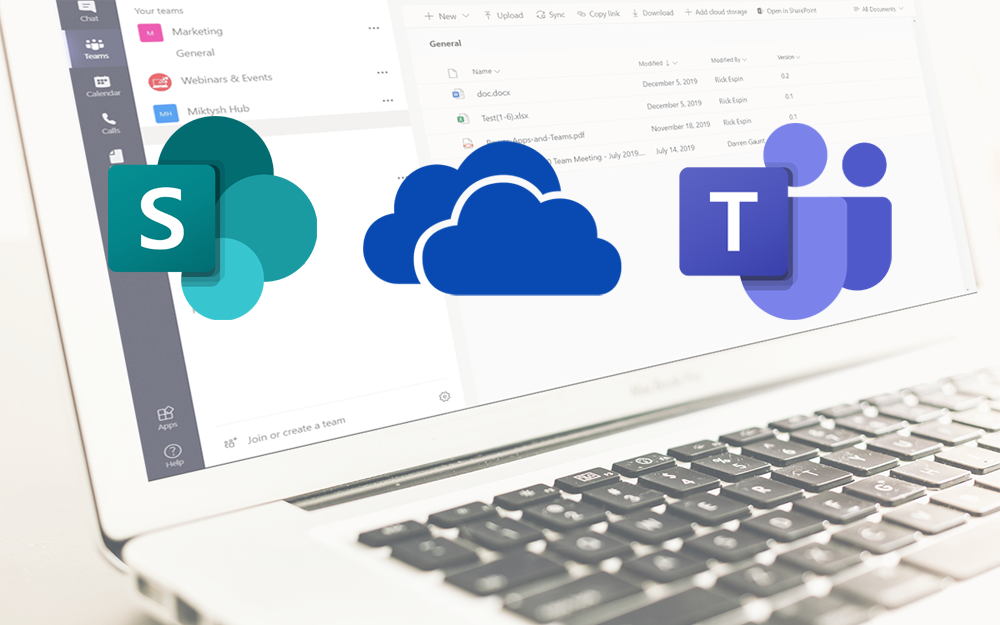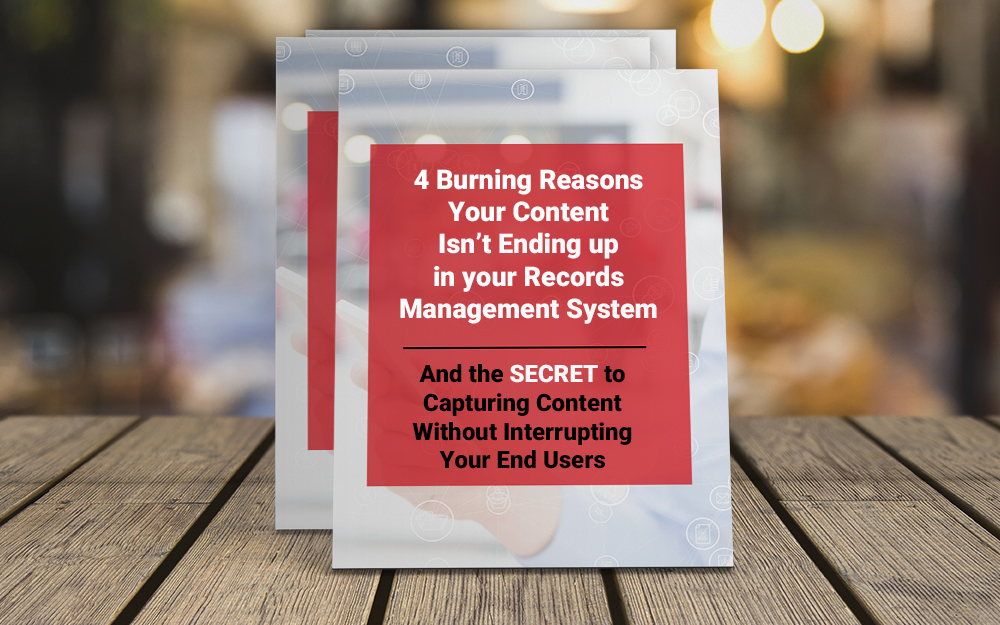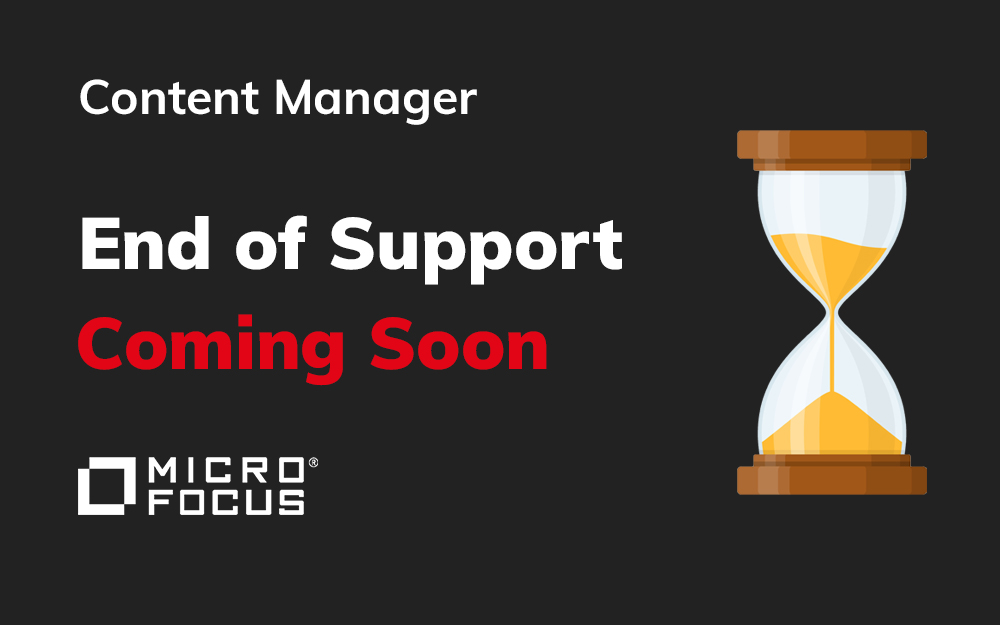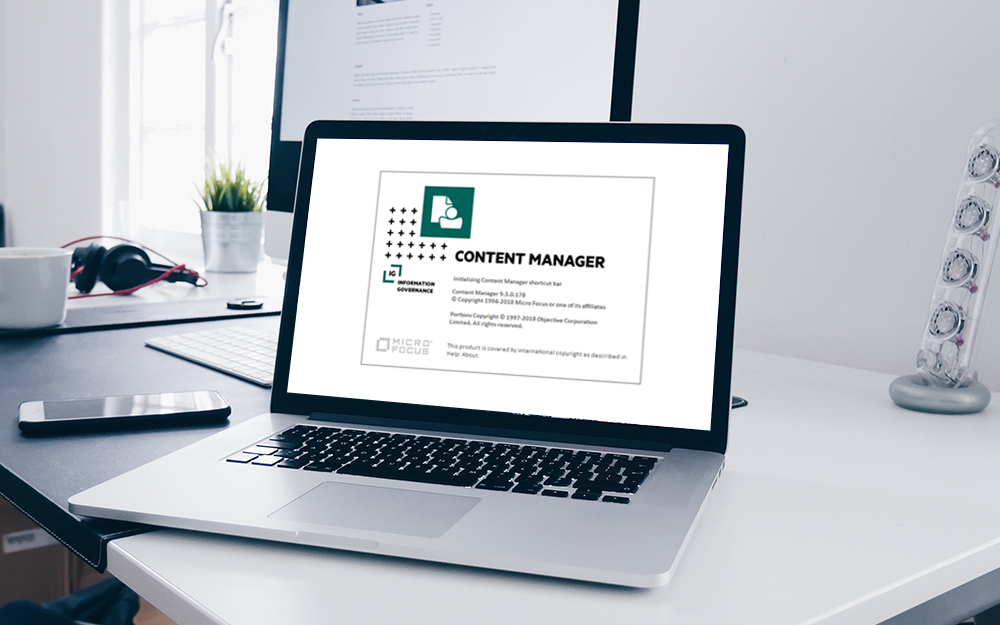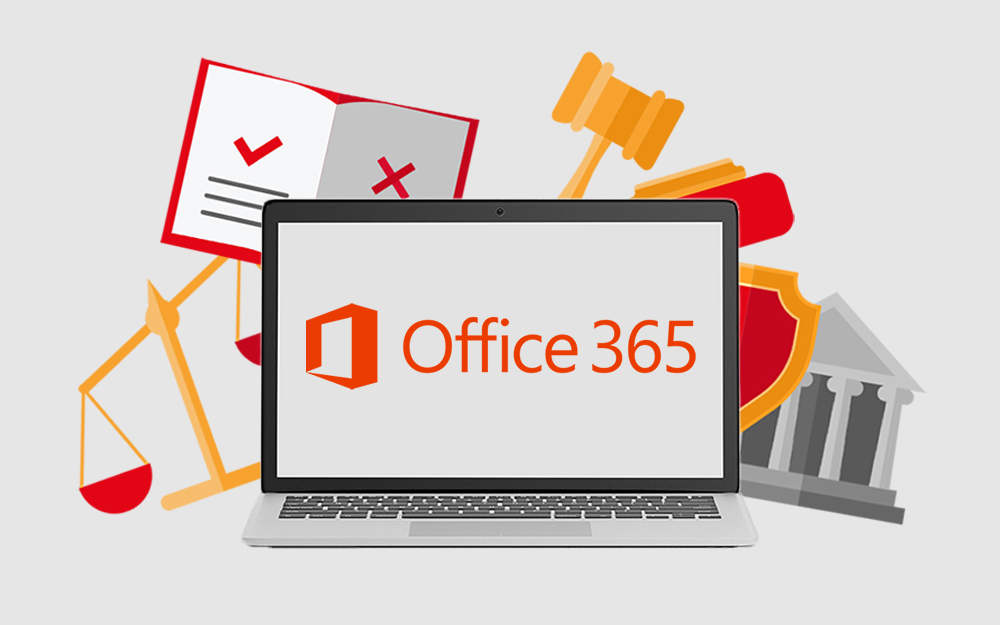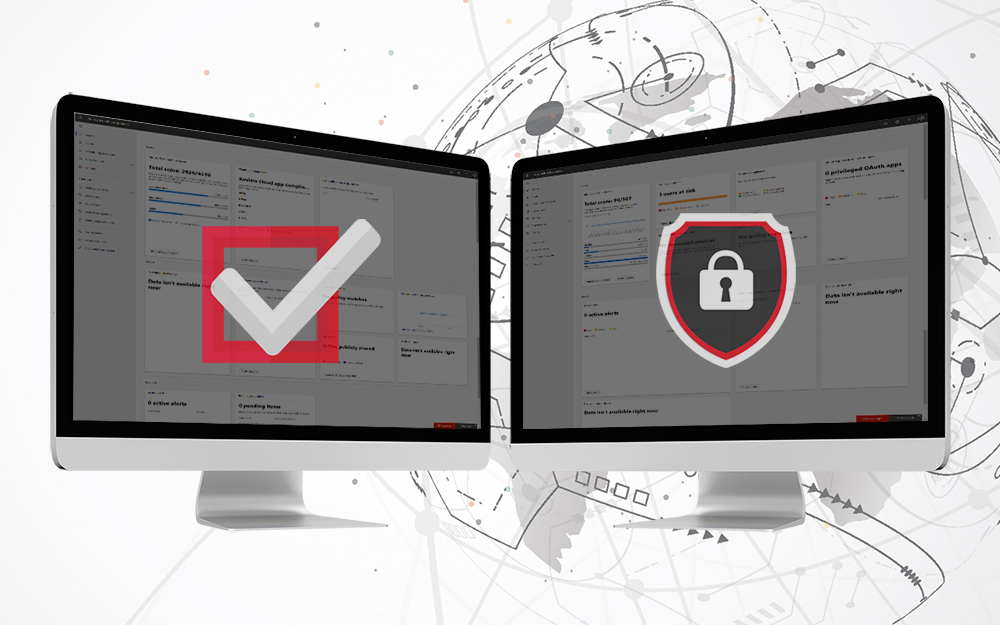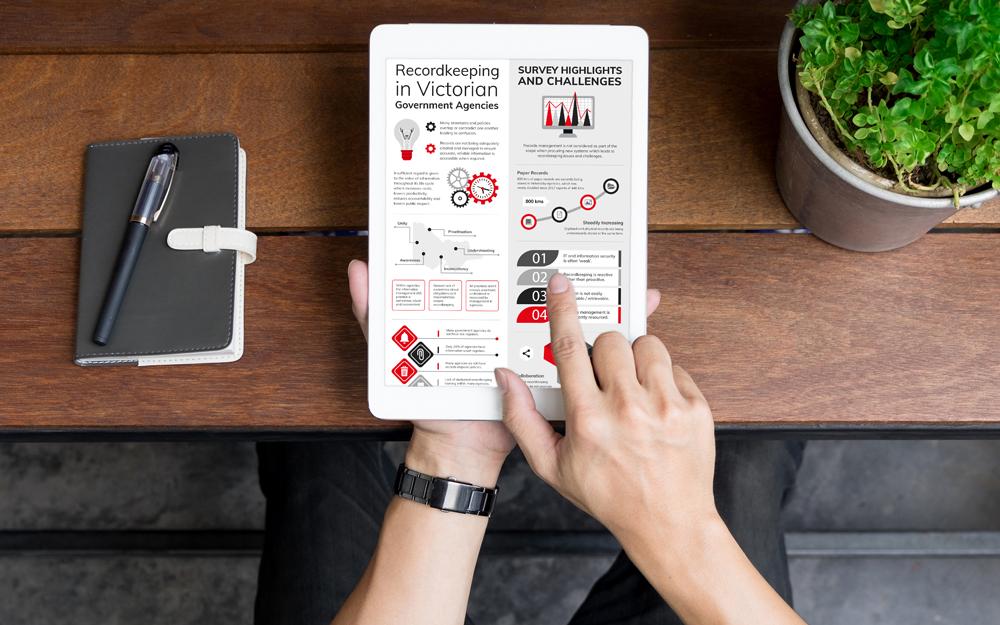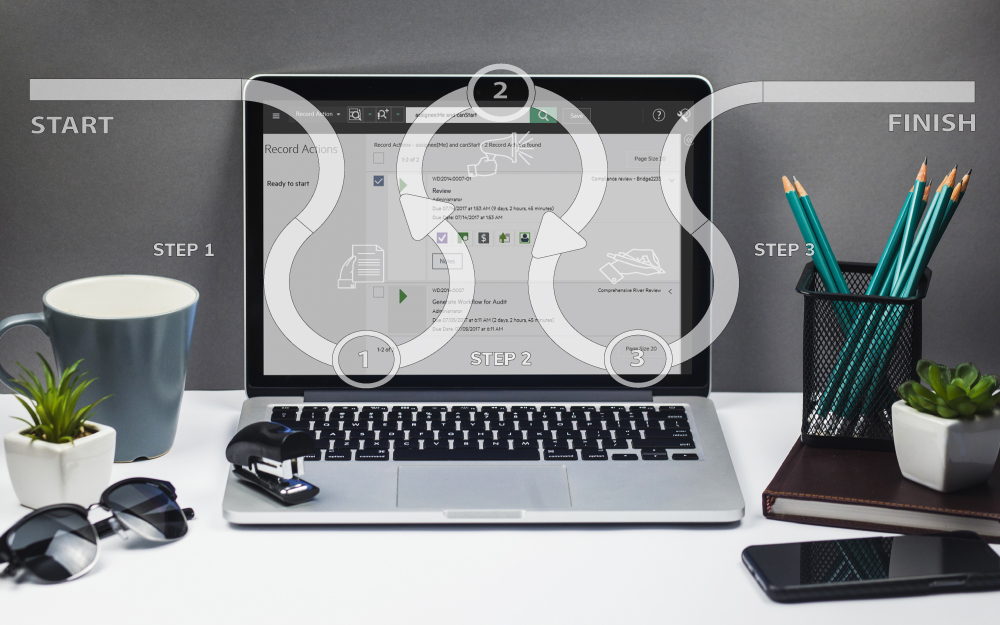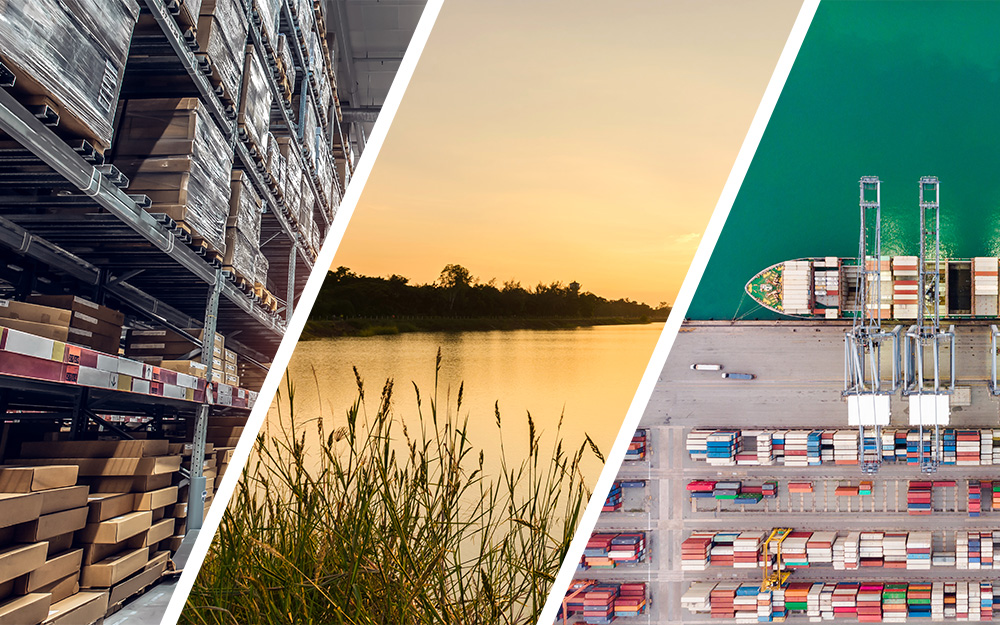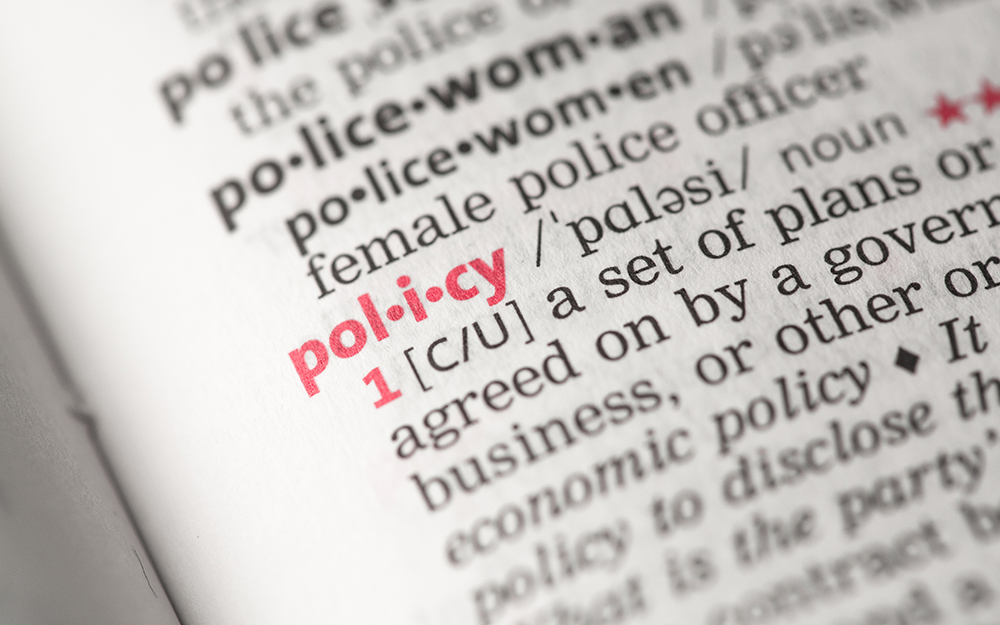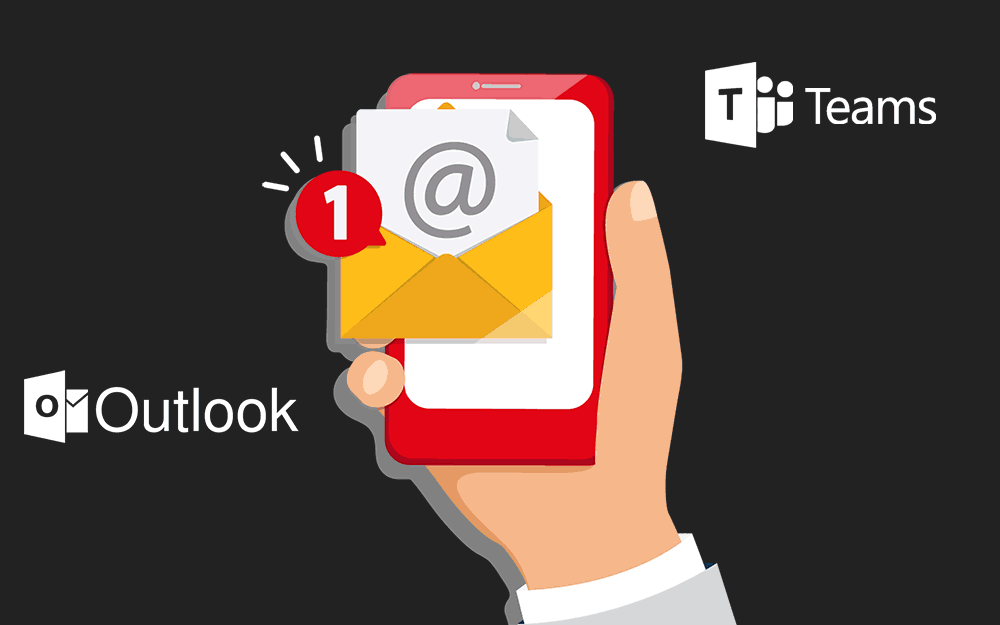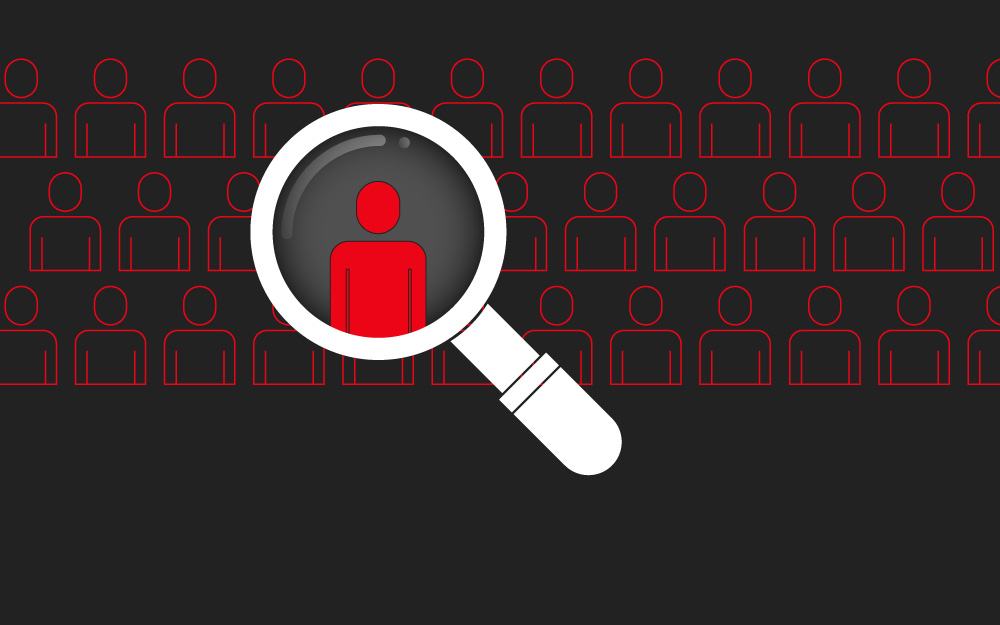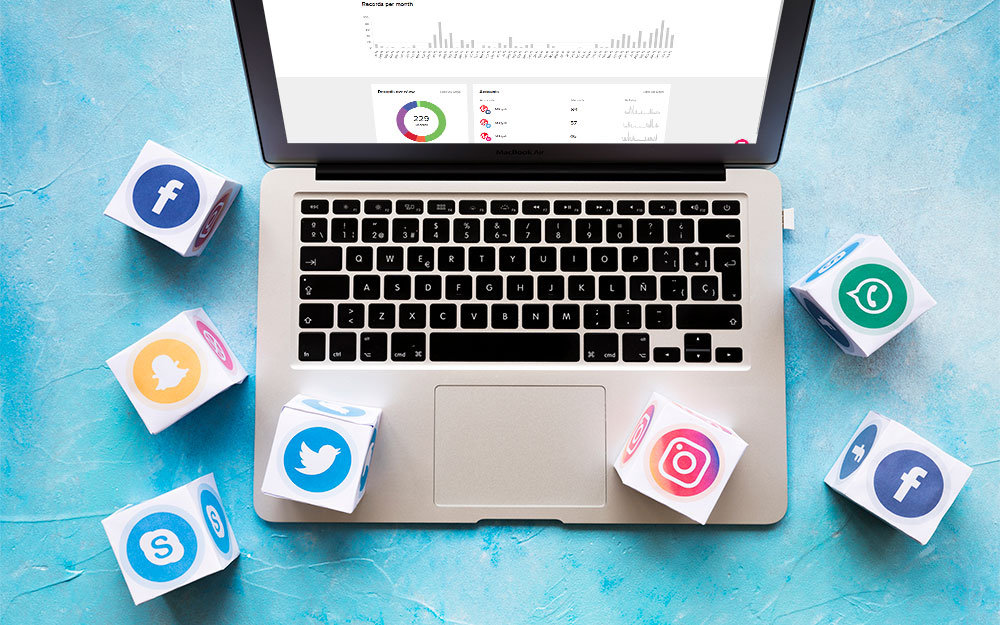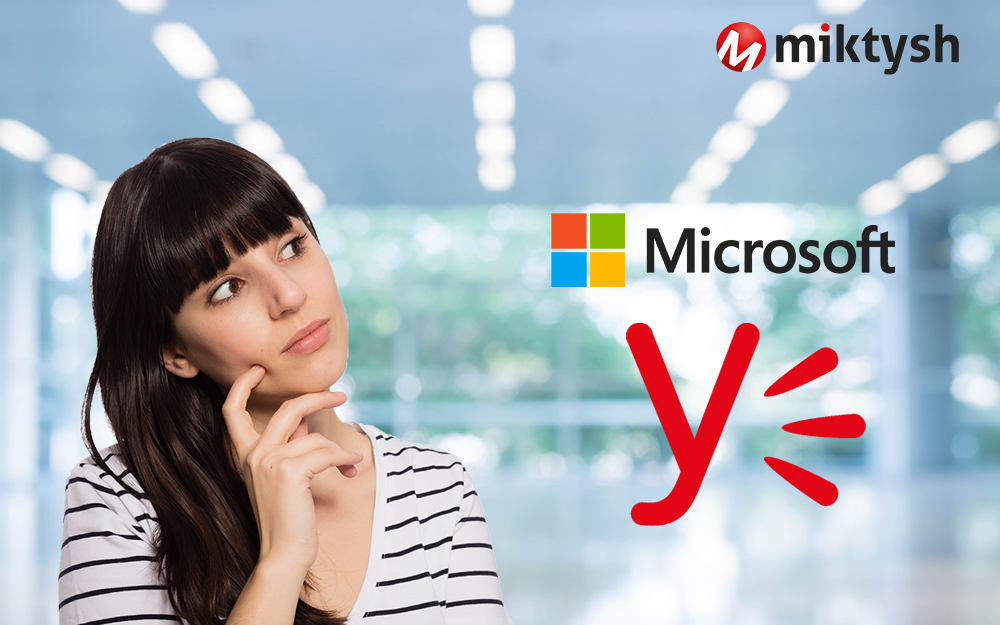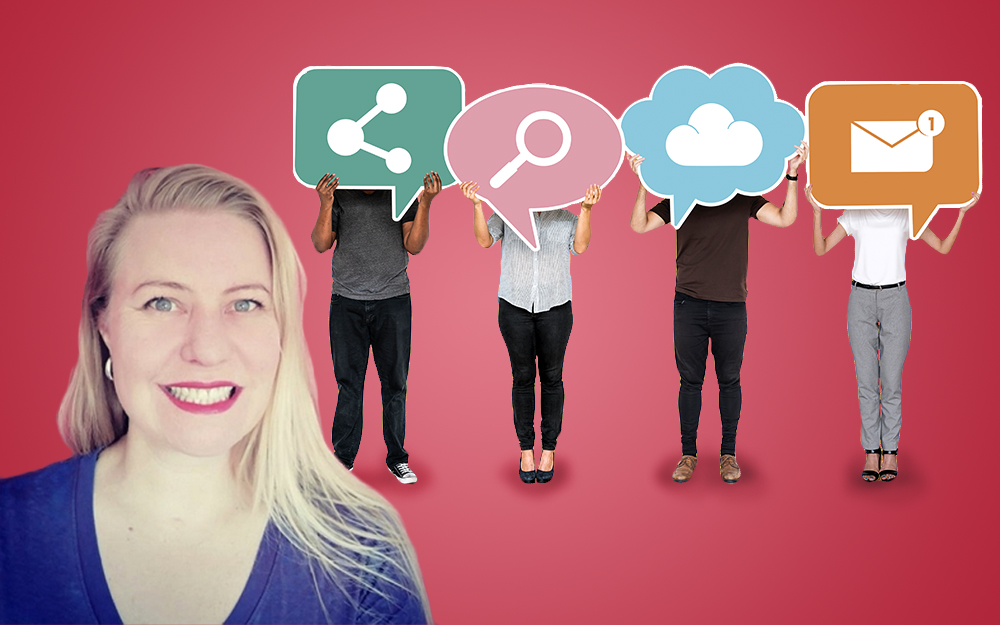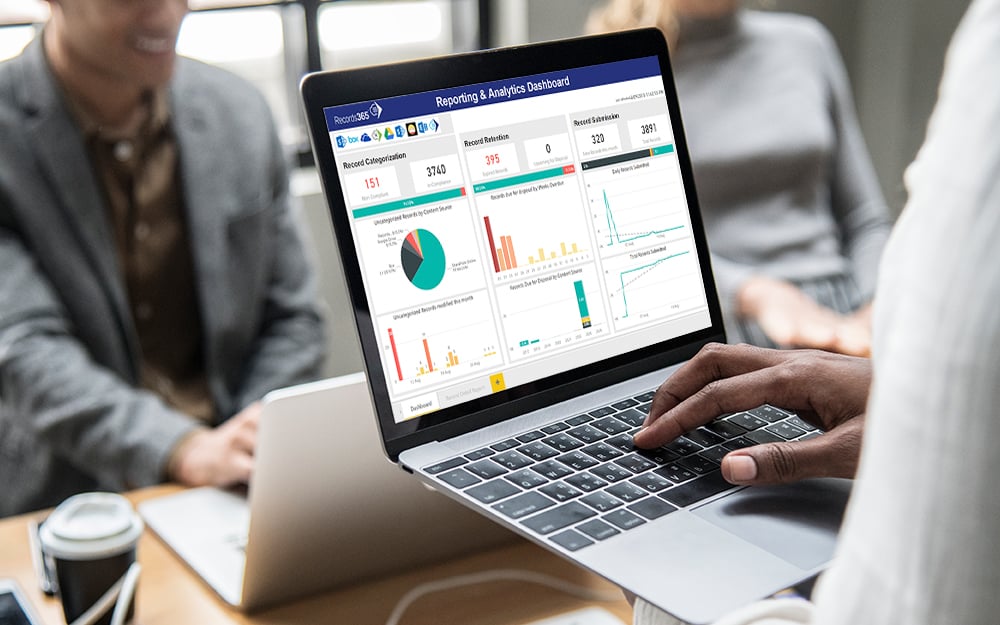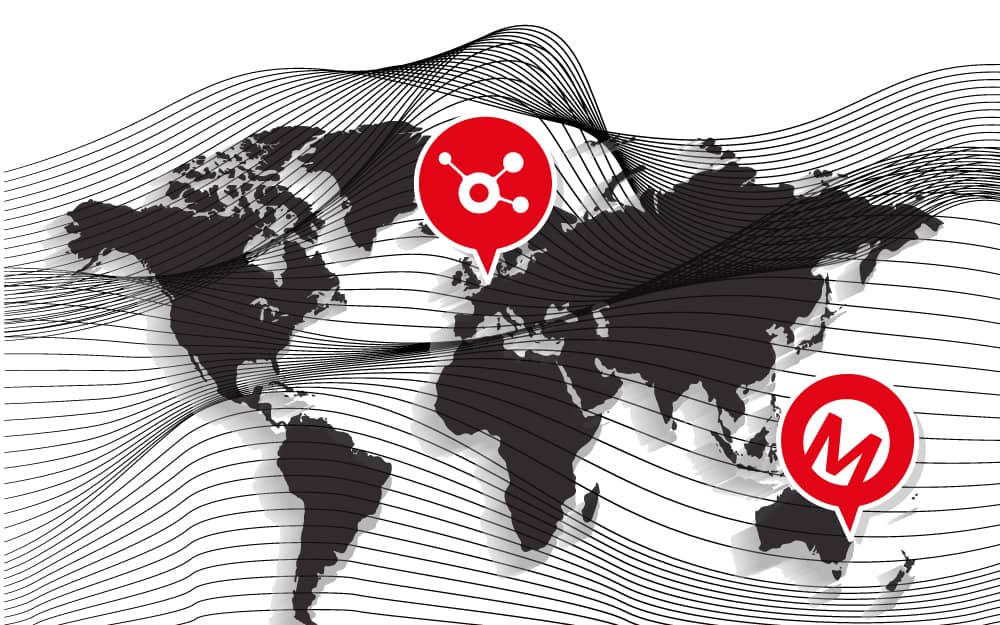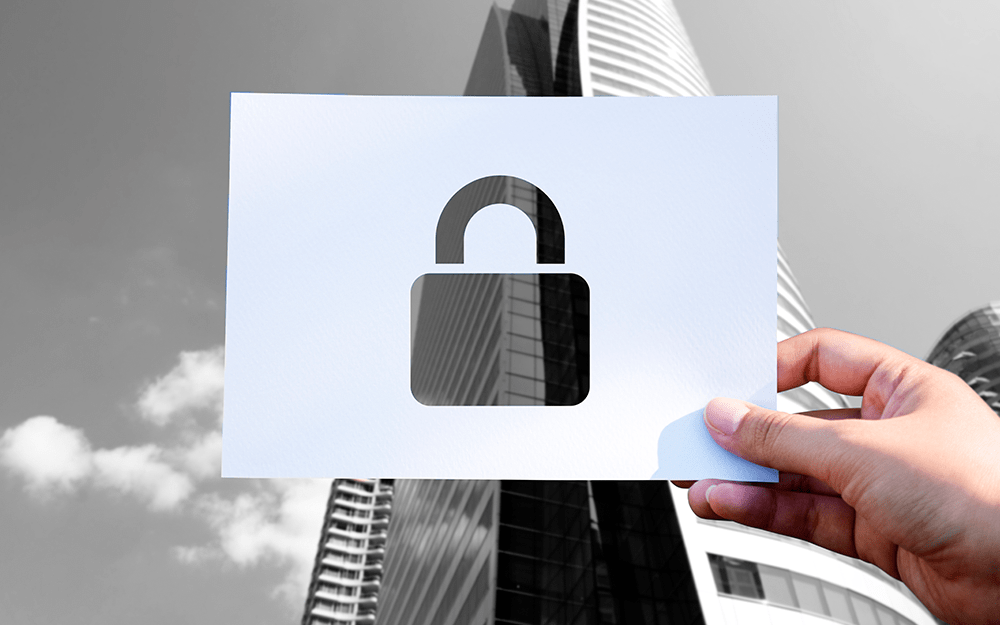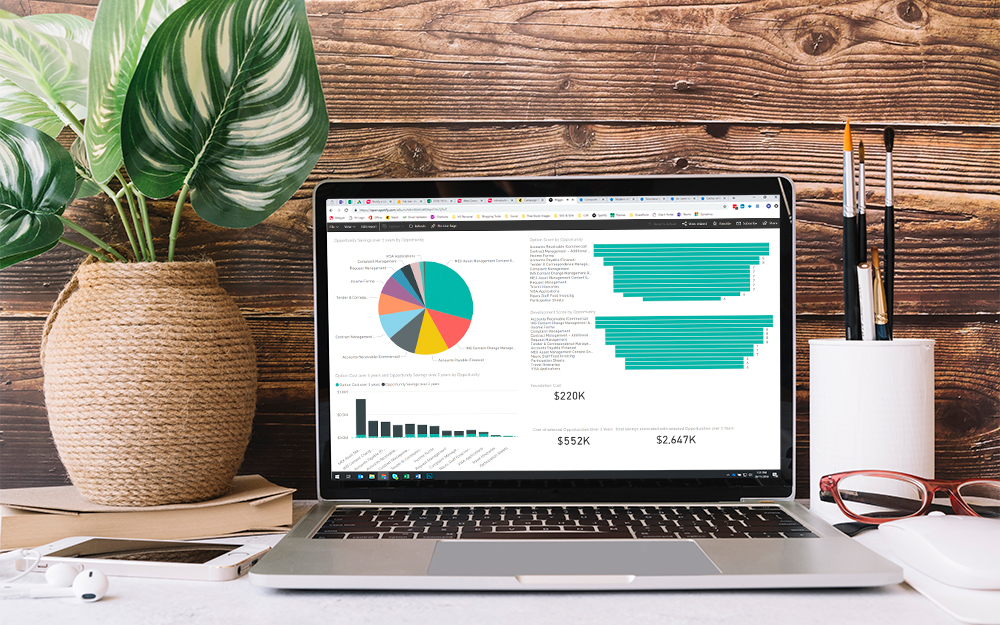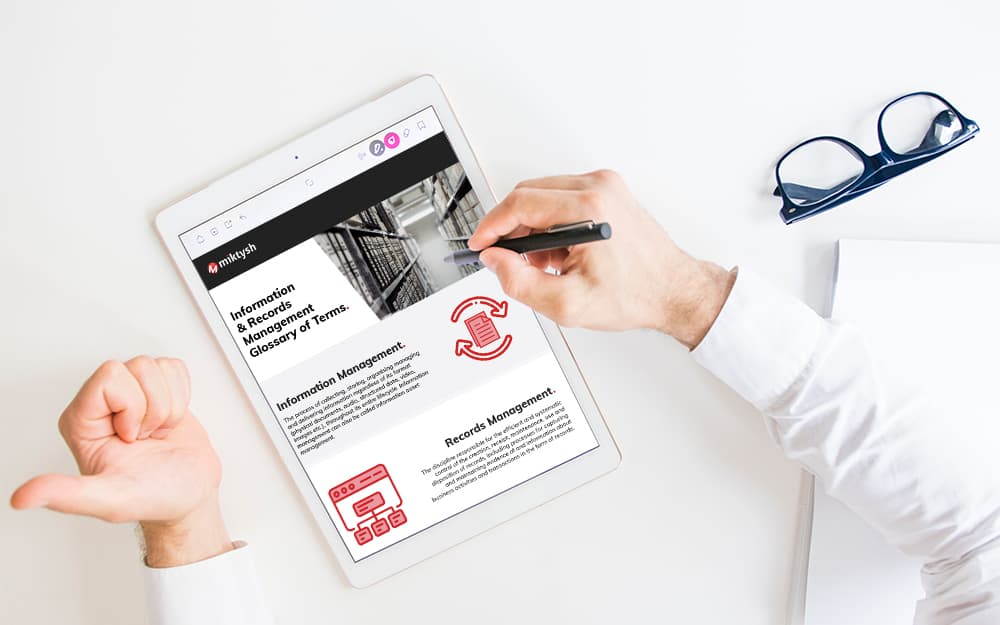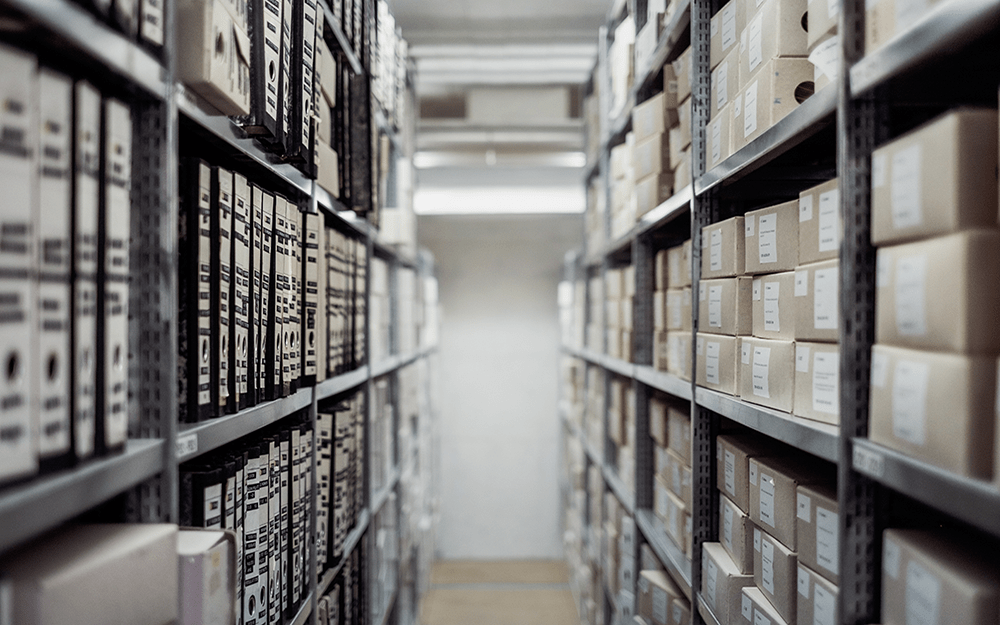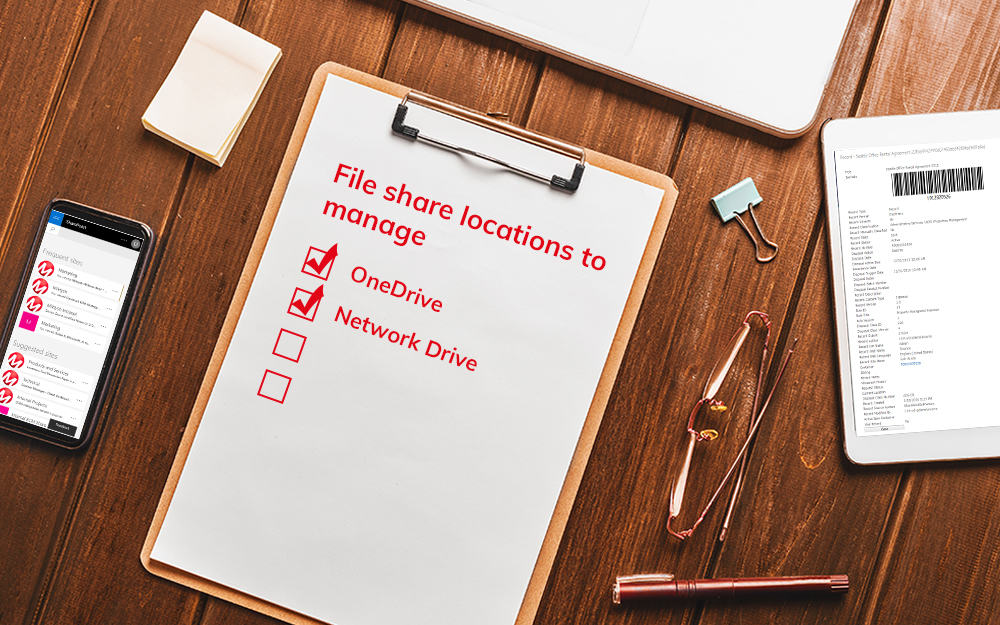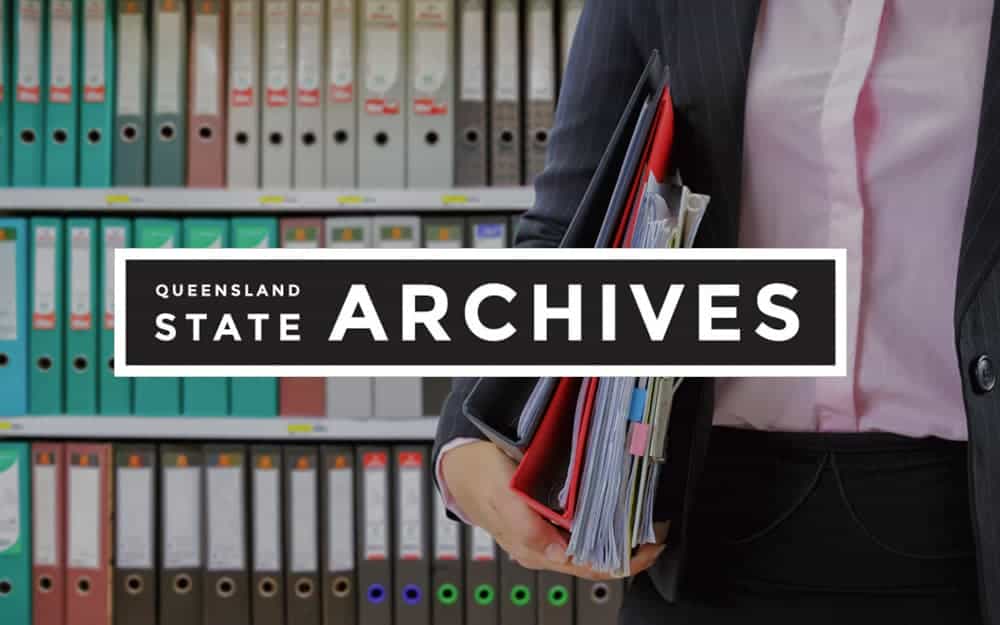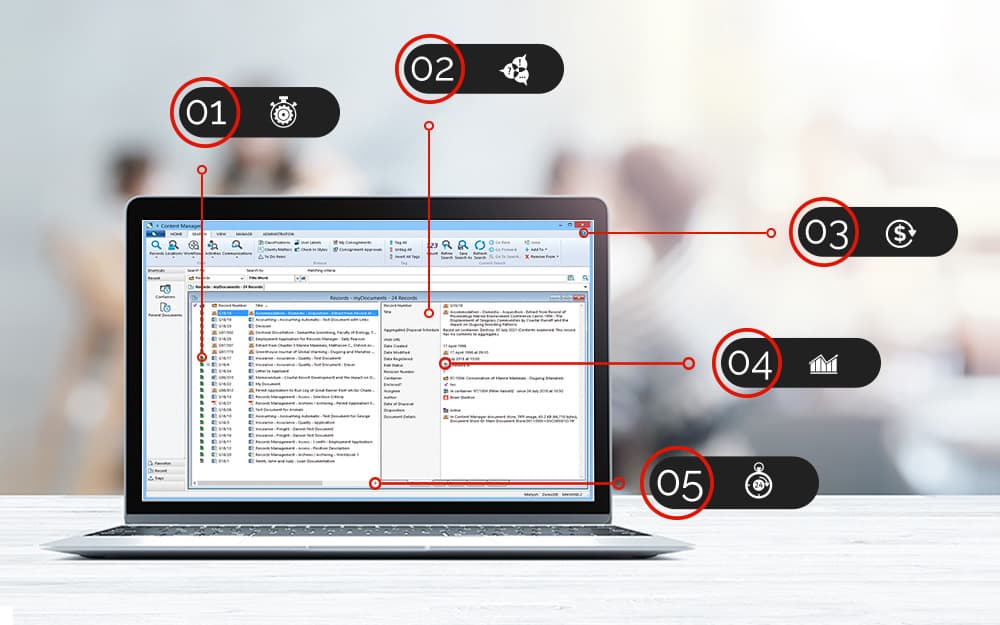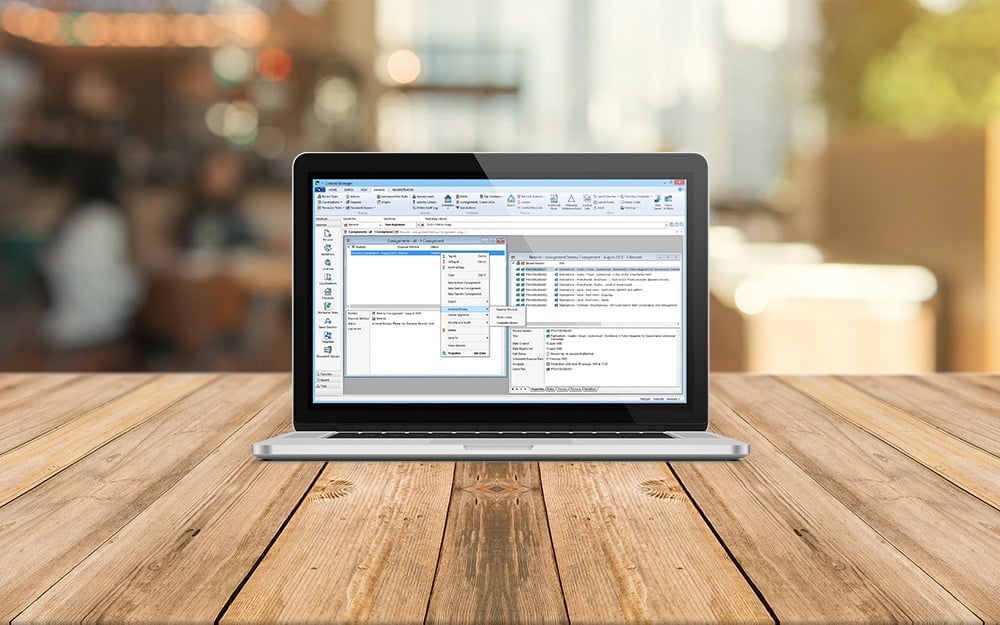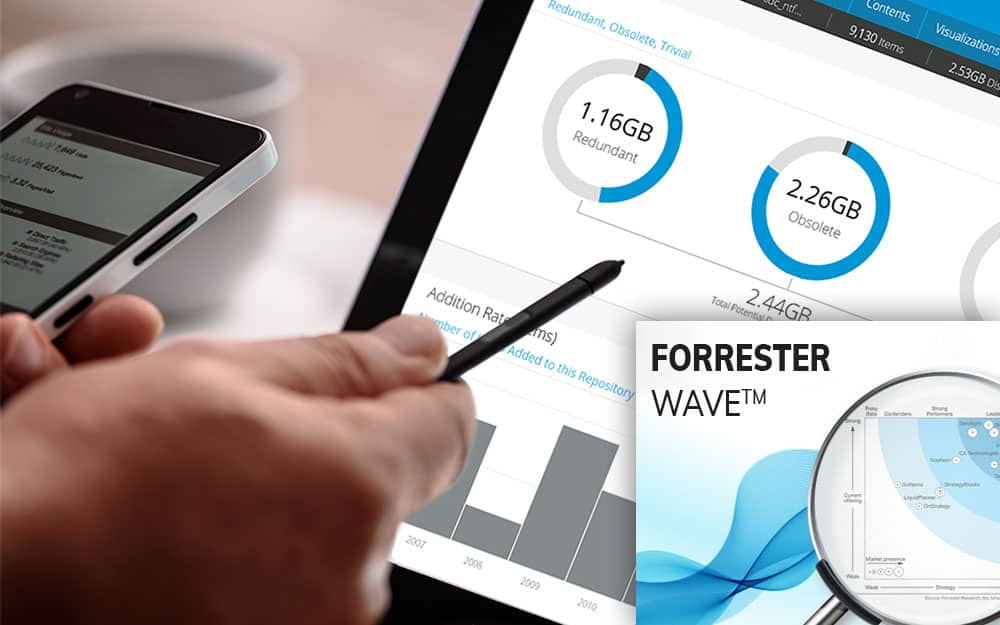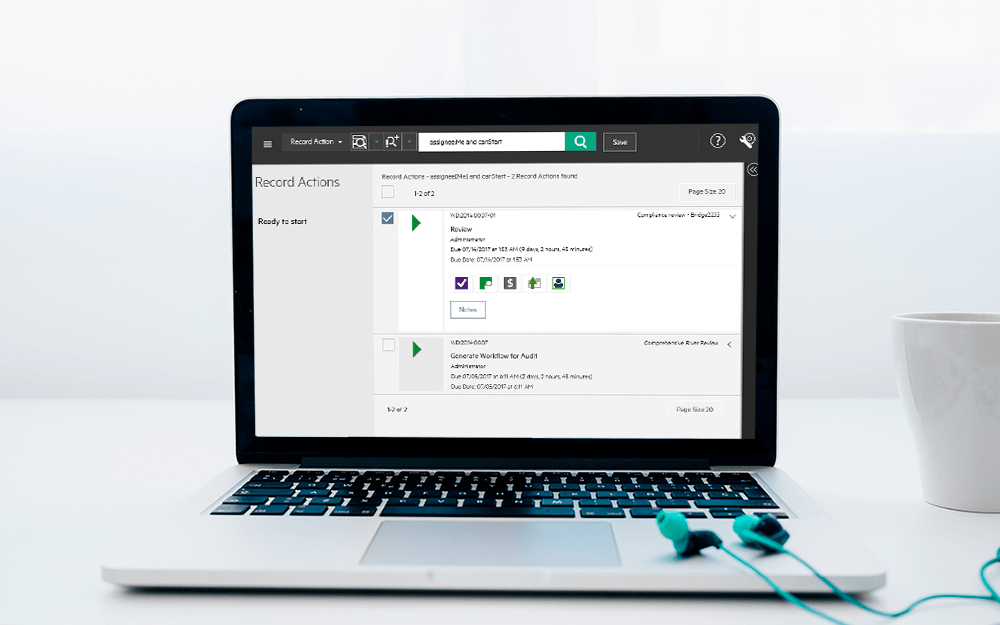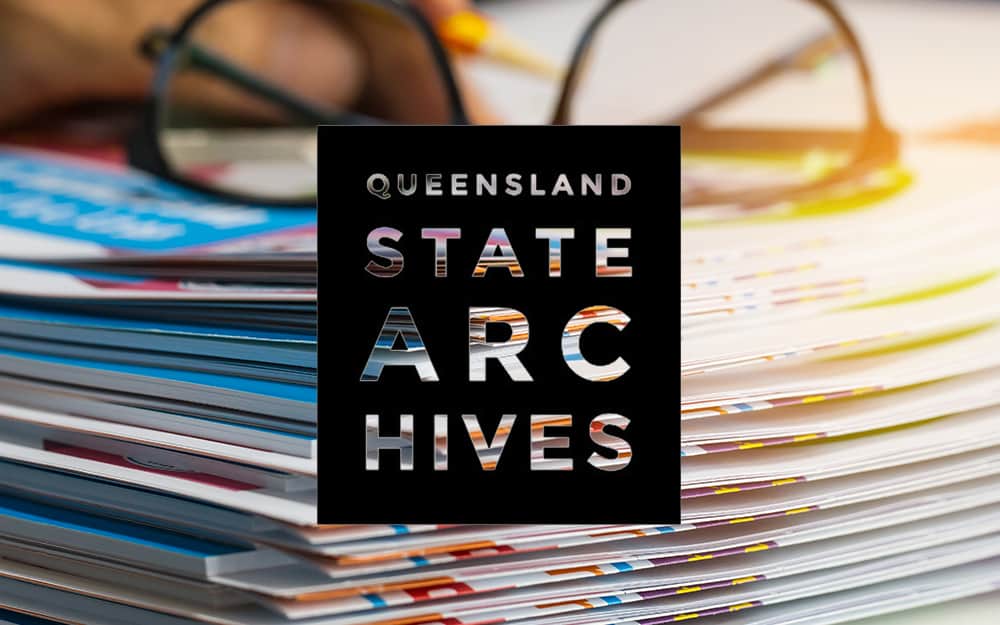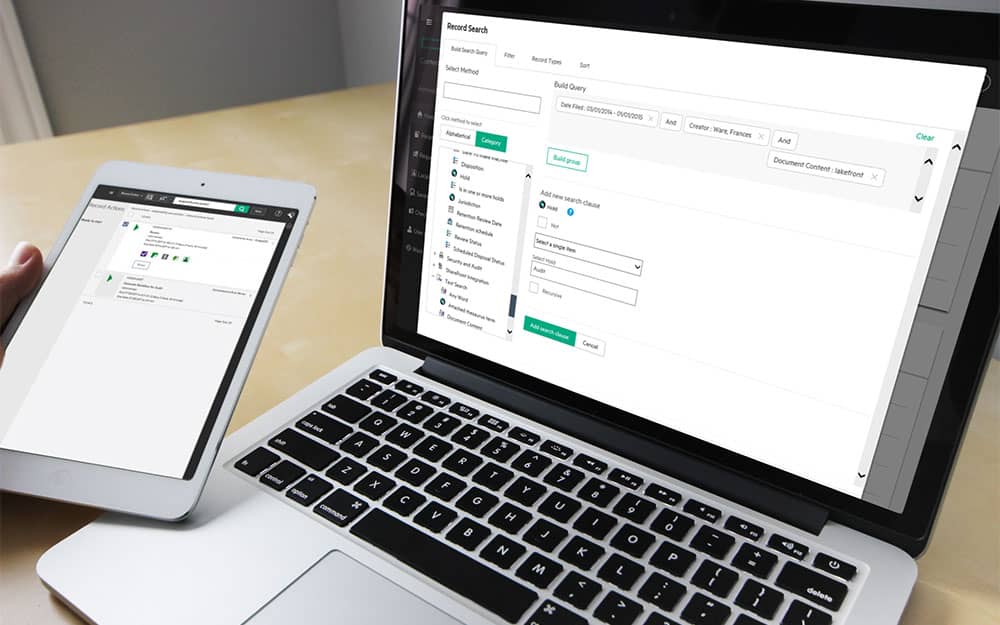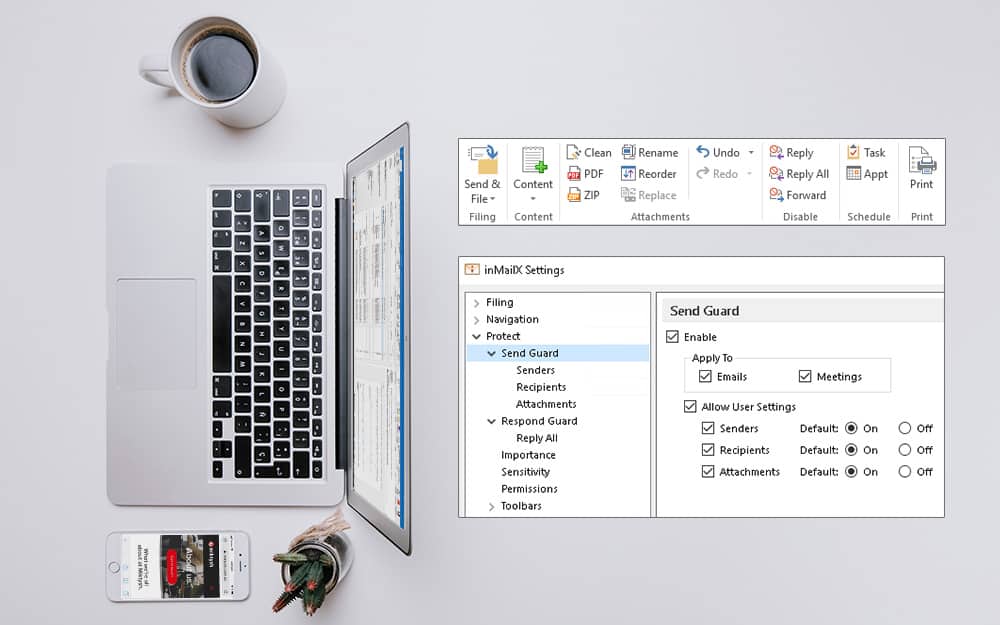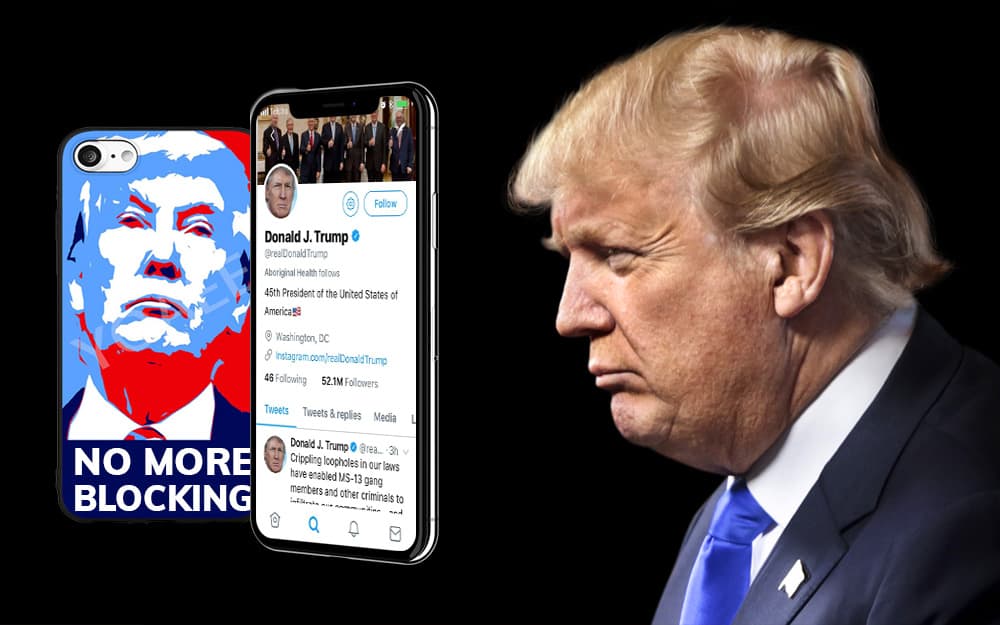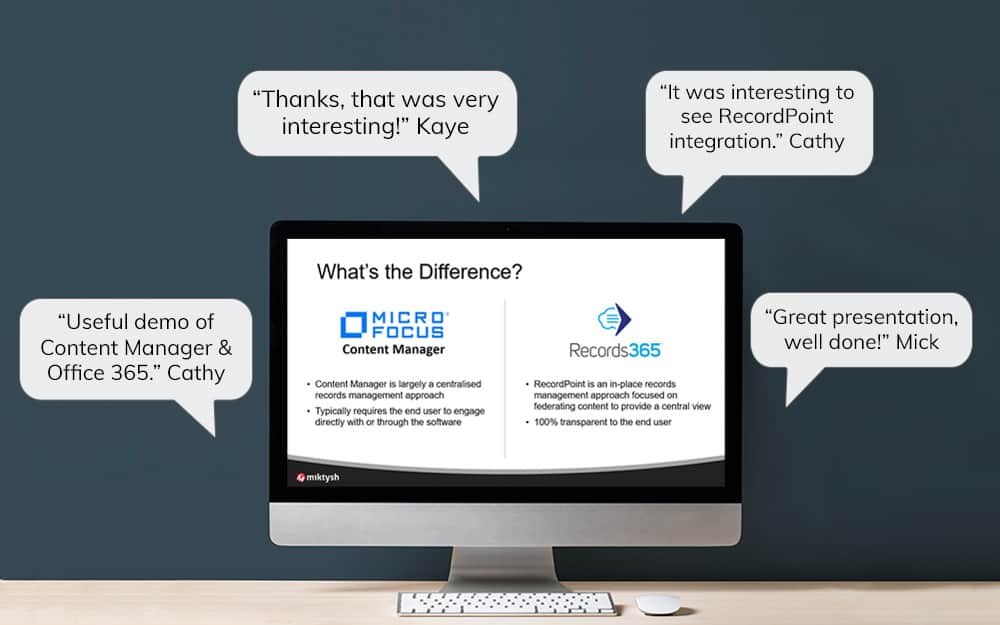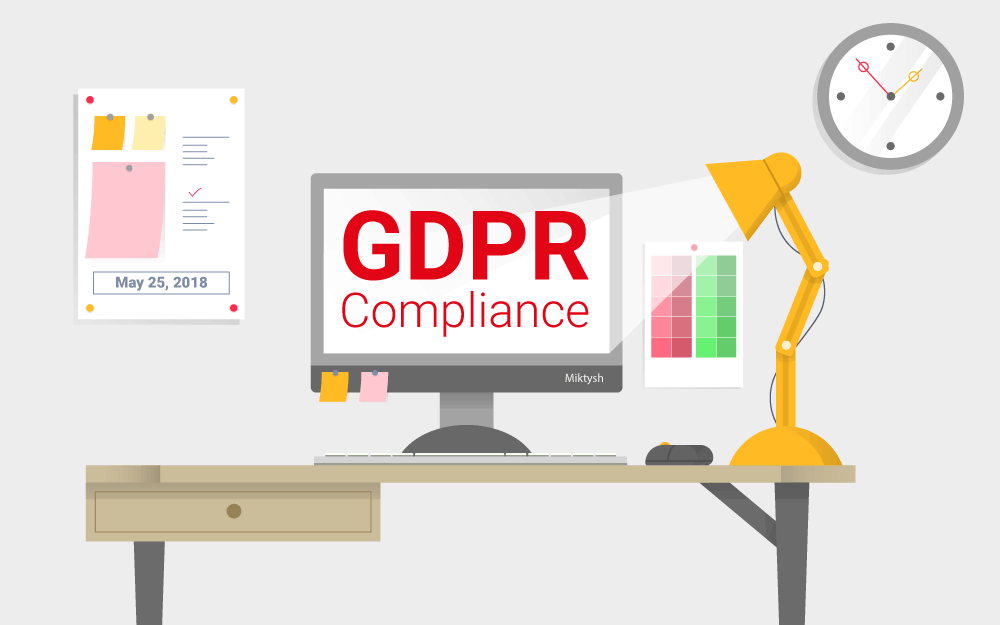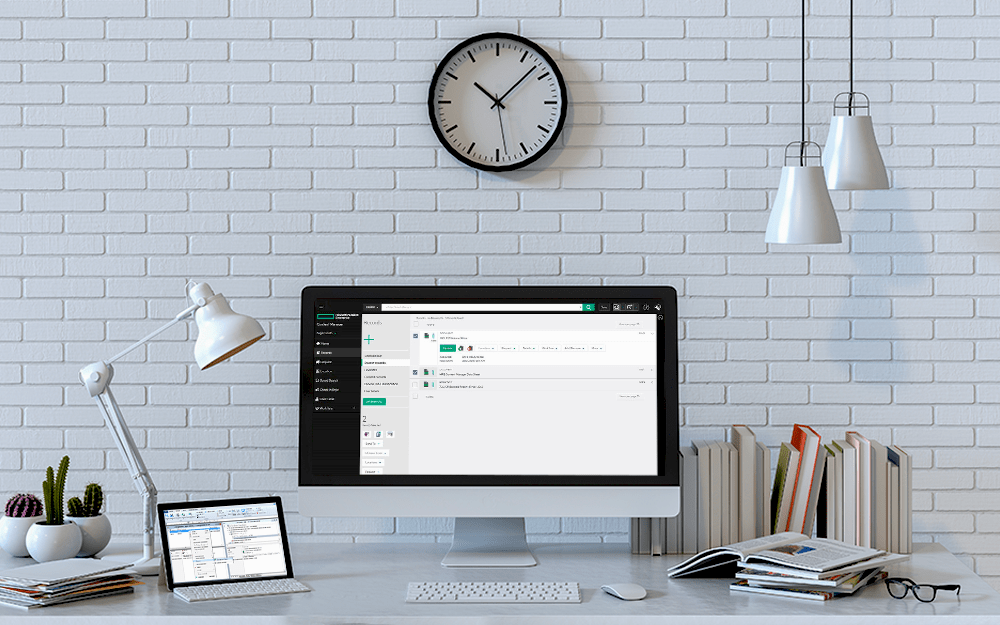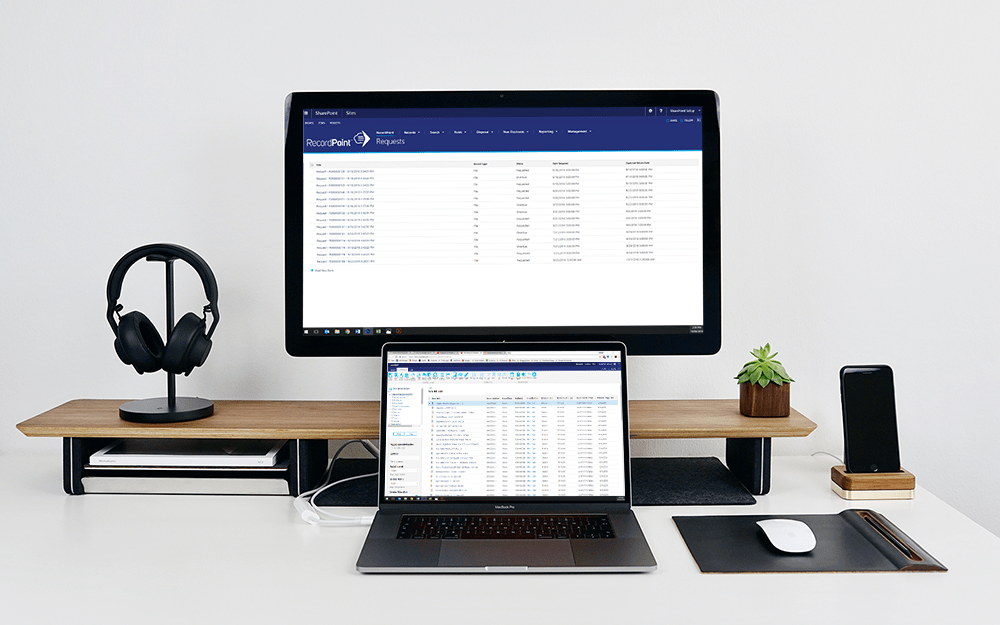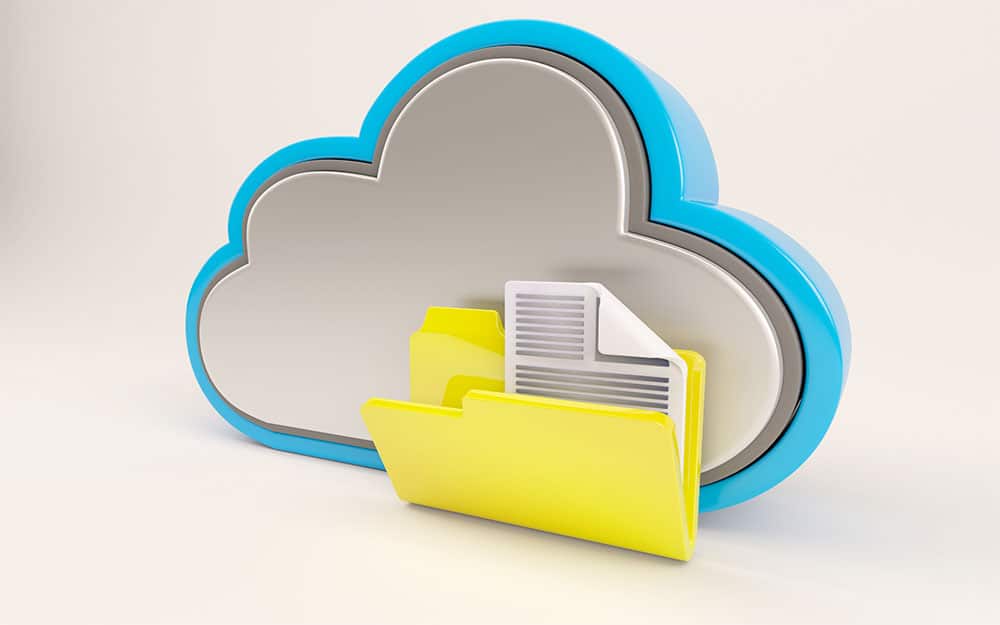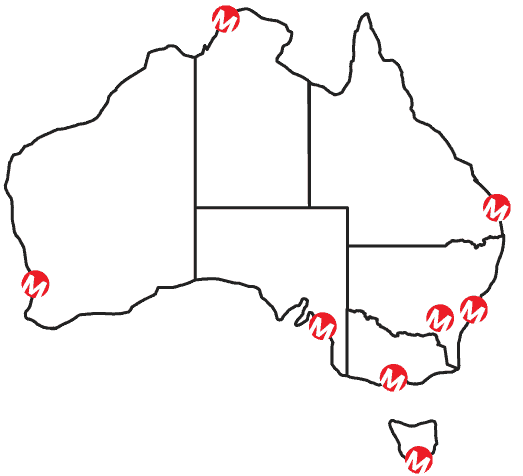Miktysh Blog.
Your go-to source for everything records management, eDRMS, Office 365, TRIM/Content Manager, RecordPoint, AvePoint, and EncompaaS related.
Categories
Topics
What Government Agencies Need to Know About Social Media Archiving
Jul 15, 2020 | Information Management, Records Management
What Government Agencies Need to Know About Social Media Archiving
COVID-19 is only the most recent example of a global transformation in the way government agencies use social media. Recently in Australia, we saw a significant increase in conversations with customers, ratepayers and constituents during bushfires, particularly for agencies involved in providing support or bringing the fires under control.
During the continually shifting Covid-19 situation, health, community and business agencies are using social media platforms to provide information, direct people to resources, relay community messages and answer questions from individuals and organisations who’ve been affected.
Research: Aussies are looking to Twitter for expert advice
QUT researchers have analysed 2.8 million tweets during the pandemic, which showed that Twitter users in Australia were actively seeking expert advice on the platform.
Social media platforms like Facebook and Twitter build a sense of community by being open and available to all, making it easy to share information, and connect with like-minded others.
Unfortunately, their openness, and a lack of regulation, also means they’re vulnerable to disinformation spread by malicious users.
Many of the big players in the world of social media (Facebook, Twitter, YouTube et al) are responding to concerns about this disinformation pandemic by committing to rewarding and prioritising ‘good content’ while moderating and de-prioritising disinformation.
At the same time, we’re seeing an increase in automated moderation on social media platforms, in an attempt to stem the flow of inappropriate or dangerous content that does not meet standards set by these platforms.
Why social media matters for government
With record numbers of conversations happening on social media, government and other regulated sectors are adopting social media as an official communication channel.
Even though the risk of disinformation and moderation errors is also increasing, government agencies wanting to be seen as relevant, authoritative and expert sources of information must include an active social media presence in their communications channels.
Social media conversations are digital records
One of the biggest challenges for government agencies with an active social media presence is ensuring they meet all their recordkeeping requirements.
The National Archives of Australia (NAA) and state regulatory authorities define social media records as digital records that need to be assessed, classified, archived and included in retention and disposal authorities (RDAs).
“Business information created as a result of using social media is subject to the same business and legislative requirements as business information created by other means” — National Archives of Australia (NAA).
While agencies have systems in place to archive digital project files, websites and emails, many records and information management professionals aren’t even aware that social media engagement needs to be captured.
Social media relies on context
Like any digital record, social media posts and conversations need to be archived in a way that ensures they are complete and accessible in case of an audit or Freedom of Information (FOI) request.
An archive must capture deleted and edited posts and comments, associated media, and metadata. And for social media archives, each record must be able to be seen in its true original context.
Imagine seeing an answer without the question, or a comment without the original post. When archiving social media, each post, and any images, videos, comments or links on that post are part of the digital record.
What happens when you don’t keep social media records?
While we’re much clearer about the importance of capturing social media conversations as records, we do see mistakes being made.
In 2017, former NSW premier Mike Baird announced his resignation and deleted his Twitter account. He had used his account to discuss government policy.
‘The Australian’ investigated and asked if records had been kept but the The Department of Premier and Cabinet and State Records could not confirm if they were, even though a representative of the NAA confirmed that “records created by ministers using social media tools when carrying out their ministerial or portfolio responsibilities are considered commonwealth records”.
In another example, when NSW Senator and former Premier Kristina Keneally announced she was running in the Bennelong by-election, Twitter users noticed that she had been deleting old tweets. In response, Kristina published a Google Sheet detailing her deleted tweets, however users quickly noticed that an entire month worth of tweets was missing. The story attracted national attention and was covered online and on television.
For politicians and government agencies, a failure to keep accurate and complete social media records is not only a legal and compliance problem, but also a reputation management issue.
Social media archiving – what are the options?
Government agencies have a range of options at their disposal for social media archiving.
Native platform tools – It’s possible to download an archive of your posts on Facebook, Twitter or LinkedIn. These downloads are usually available on demand. Downloaded, these archives stand alone, are not always easy to search. Also, keep in mind that the retention of your data is not really part of the business model of a social media platform so it may not be a priority for them, even if it is for you!
Integrated options – Options such as Microsoft’s tool for archiving third party data may require integration with your agency’s systems. This can be a difficult and cumbersome process in government. Data sovereignty can also be an issue. Data stored in US-based servers is protected under US law, not Australian law.
Brolly – Brolly is a purpose-built social media archiving tool, created with Australian government in mind. It runs seamlessly in the background, capturing records from social media accounts in real time. Data is stored on Australian servers and protected under Australian laws. There is no systems integration required, apart from signing into Twitter, Facebook, LinkedIn, YouTube or Instagram accounts via the Brolly web-based app. A dashboard provides an overview of your social media activity and all your records displayed in an interactive feed with almost endless possibilities for search and filtering, including advanced keyword and hashtag search and the ability to export your archived posts in multiple formats. Most importantly, your records are archived in a form that complies with Australian recordkeeping regulations. Brolly is the most advanced tool for Australian government agencies to accurately capture their social media records.

Categories
Topics
Follow us on social
Popular content.

Analytics Driven Information Governance
14.07.2021
The New Normal Requires Zero Trust
27.06.2021
Microsoft 365 Records Management Whitepaper
06.11.2020

Micro Focus Launches Content Manager Select
28.05.2020
Content Manager SharePoint Integration Demo
20.05.2020
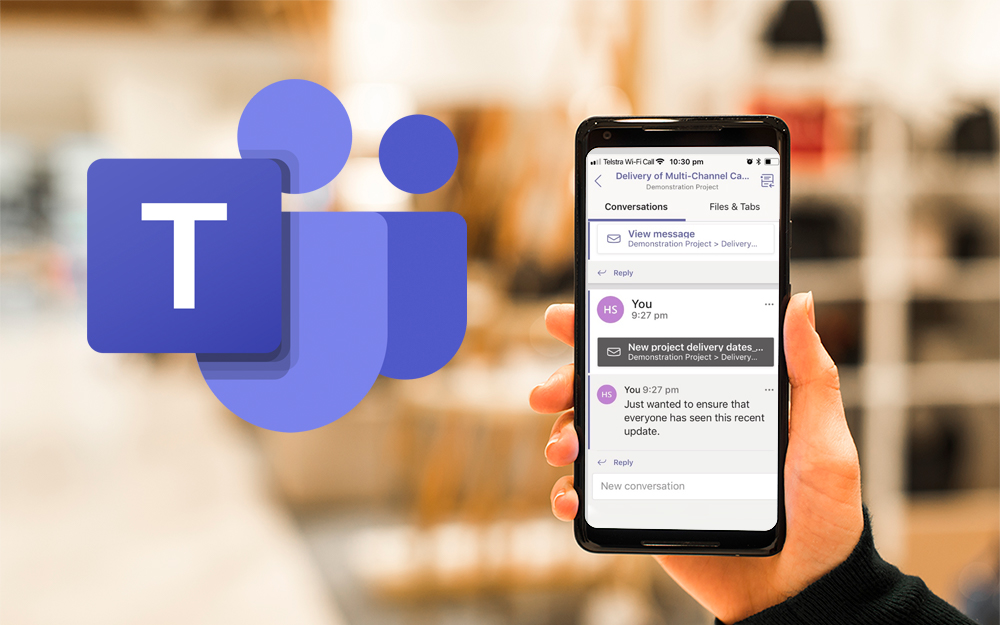
Top 7 Hidden Features in Microsoft Teams
11.02.2020
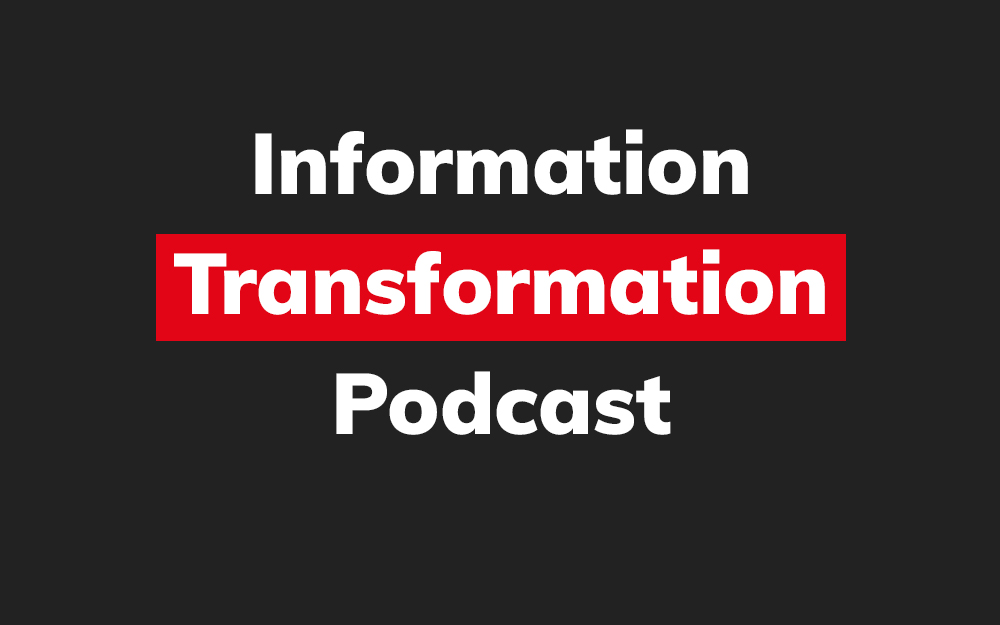
Integrate Content Manager with SharePoint
15.01.2020

Information Management Strategy Example
06.12.2019

How to Approach a Digital Transformation
13.11.2019
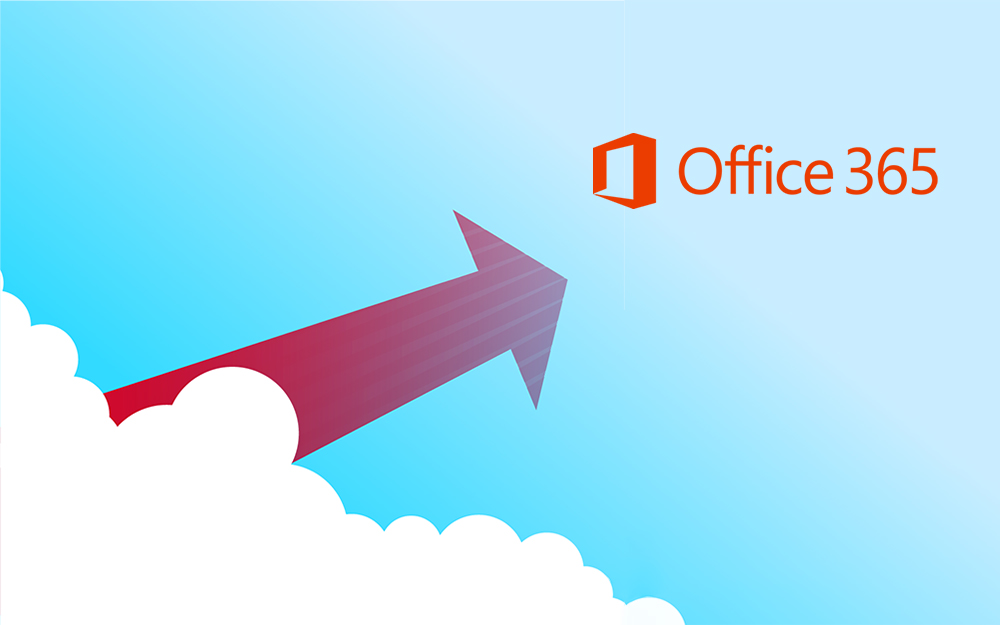
Top 5 Benefits of Migrating to Office 365
10.10.2019
Content Manager 9.4 Web Client
19.09.2019
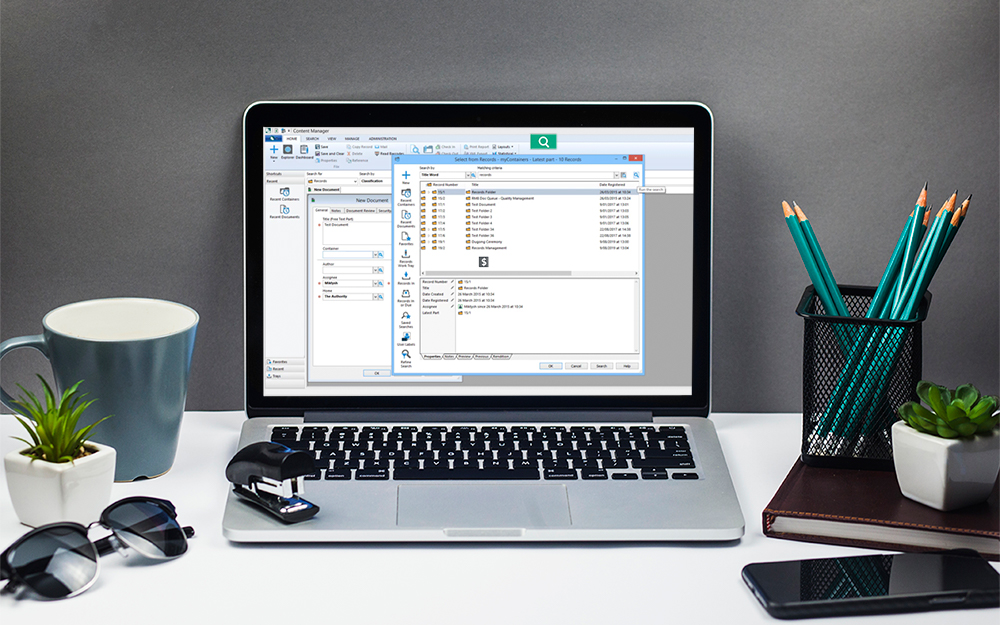
Content Manager 9.4 Sneak Peek – Video Demo
02.09.2019

What Version of SharePoint is on Office 365?
27.06.2019
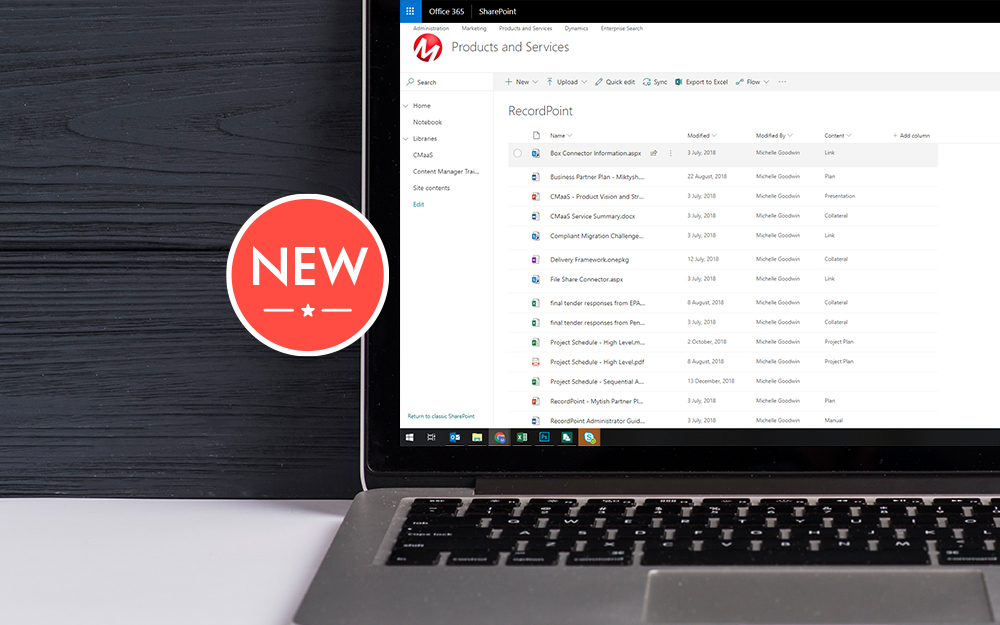
New SharePoint 2019 Features
08.03.2019

Data Migration Validation Best Practices
08.02.2019

Cloud Governance – RIMPA Queensland Event
27.09.2018
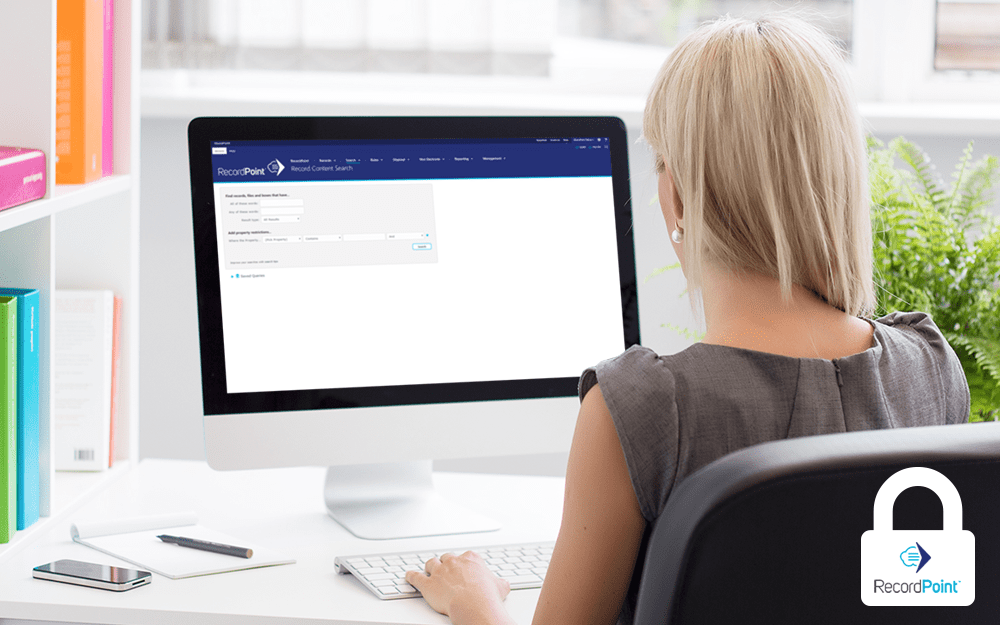
RecordPoint Records365 Demo
09.05.2018

How RecordPoint Enhances Office 365
09.05.2018
6 GDPR Tools to Assist with GDPR Compliance
17.04.2018

Analytics Driven Information Governance
14.07.2021

The New Normal Requires Zero Trust
27.06.2021

Microsoft 365 Records Management Whitepaper
06.11.2020

Micro Focus Launches Content Manager Select
28.05.2020

Content Manager SharePoint Integration Demo
20.05.2020

Top 7 Hidden Features in Microsoft Teams
11.02.2020

Integrate Content Manager with SharePoint
15.01.2020

Information Management Strategy Example
06.12.2019

How to Approach a Digital Transformation
13.11.2019

Top 5 Benefits of Migrating to Office 365
10.10.2019
Content Manager 9.4 Web Client
19.09.2019

Content Manager 9.4 Sneak Peek – Video Demo
02.09.2019

What Version of SharePoint is on Office 365?
27.06.2019

New SharePoint 2019 Features
08.03.2019

Data Migration Validation Best Practices
08.02.2019

Cloud Governance – RIMPA Queensland Event
27.09.2018

RecordPoint Records365 Demo
09.05.2018

How RecordPoint Enhances Office 365
09.05.2018

6 GDPR Tools to Assist with GDPR Compliance
17.04.2018
